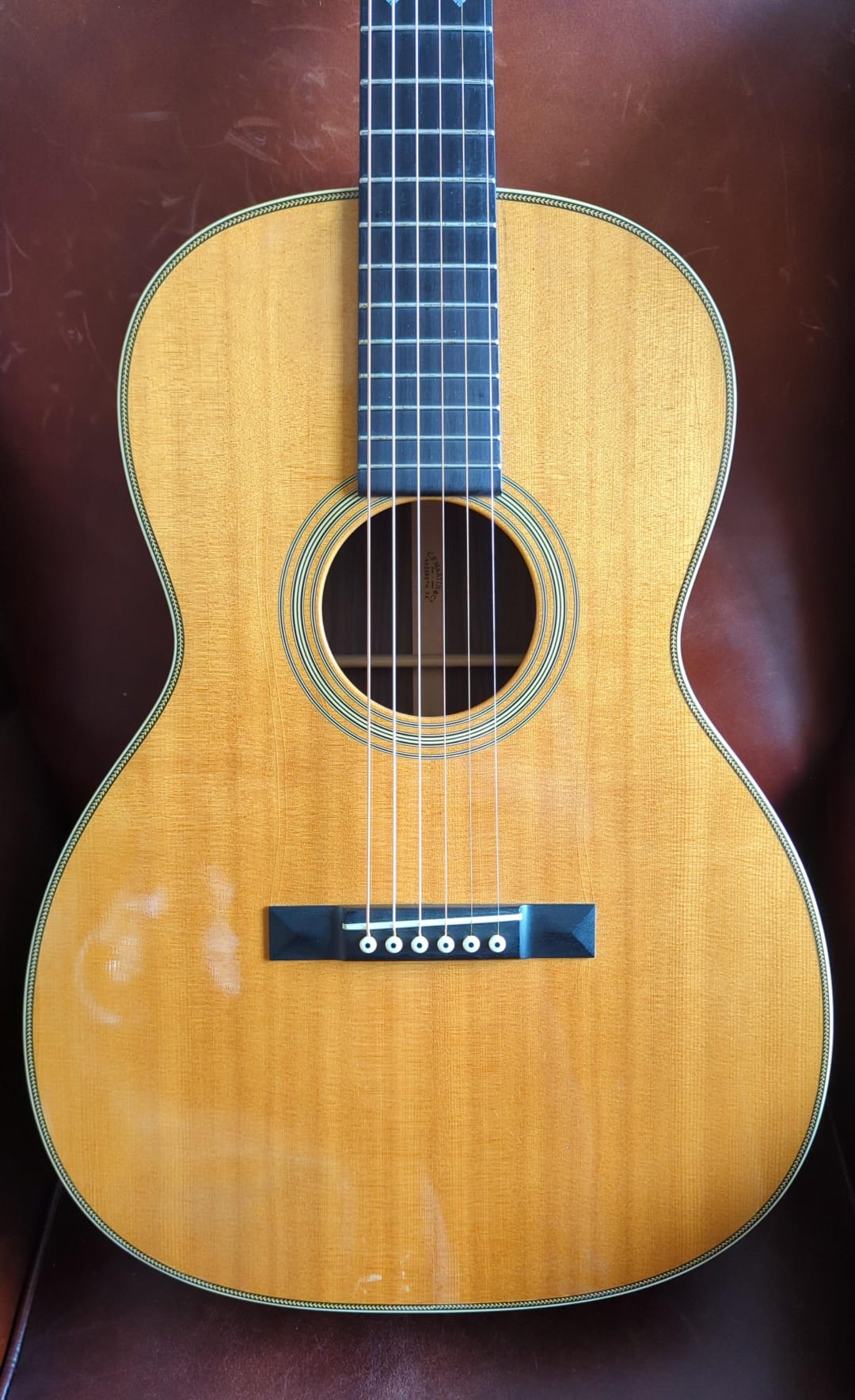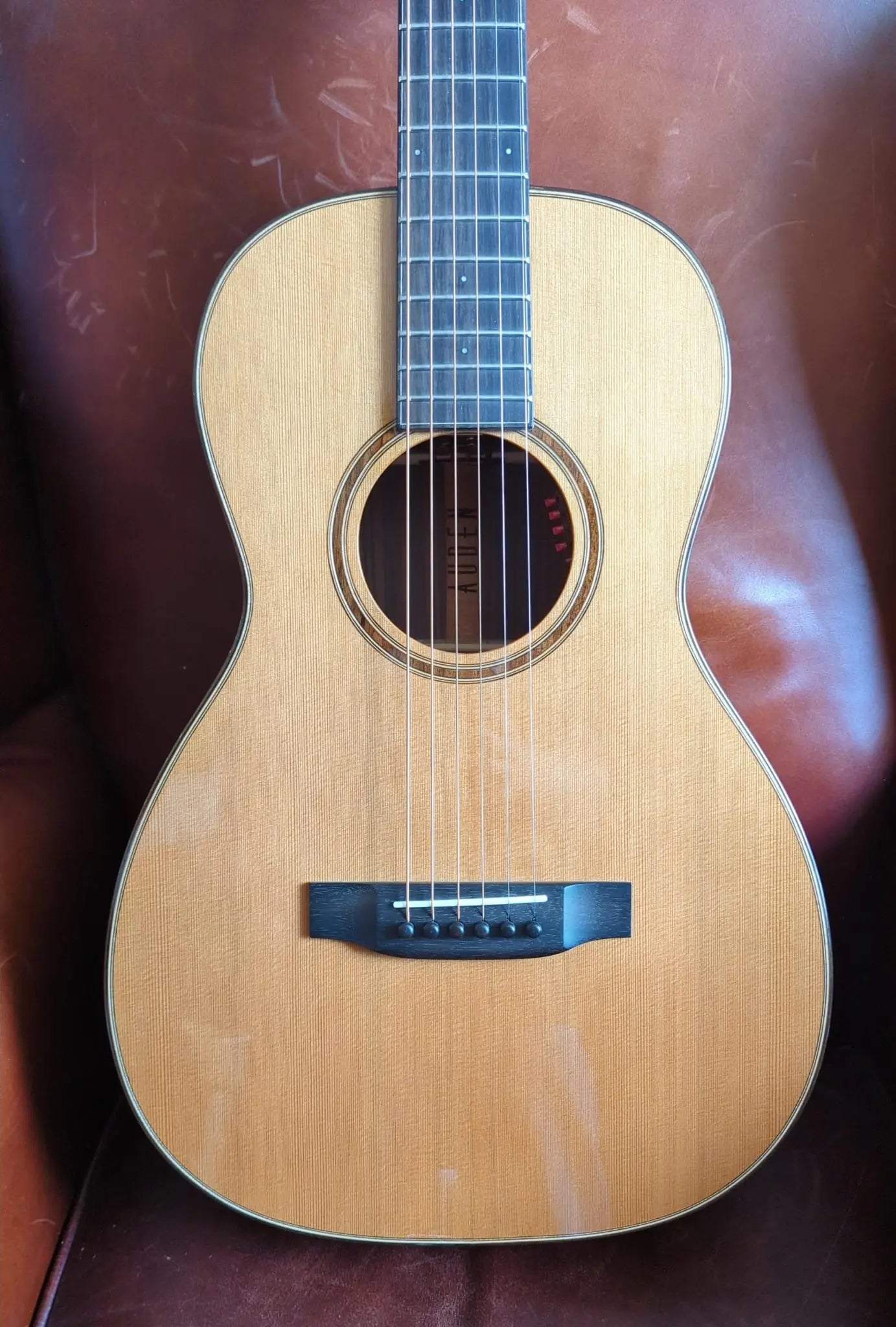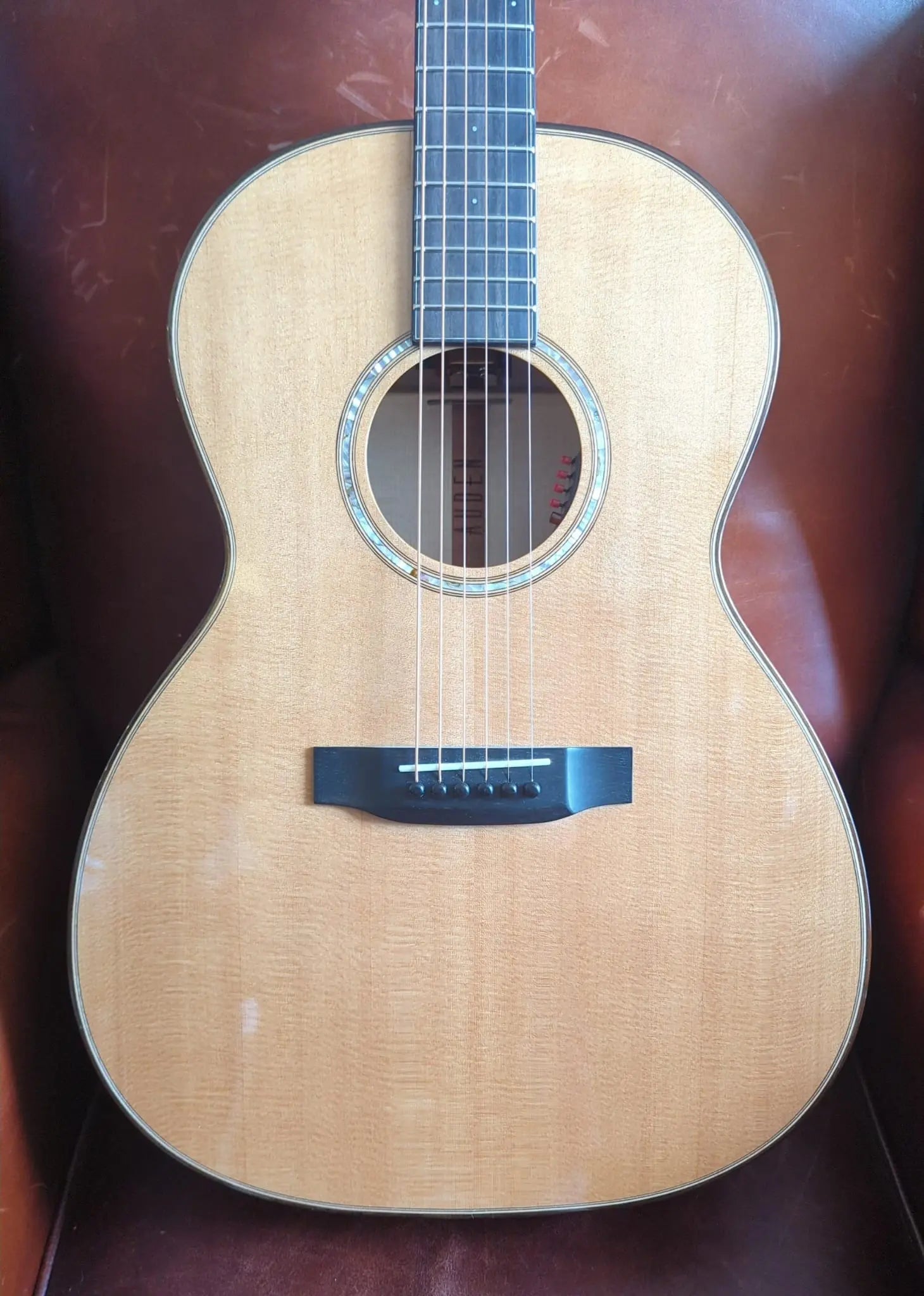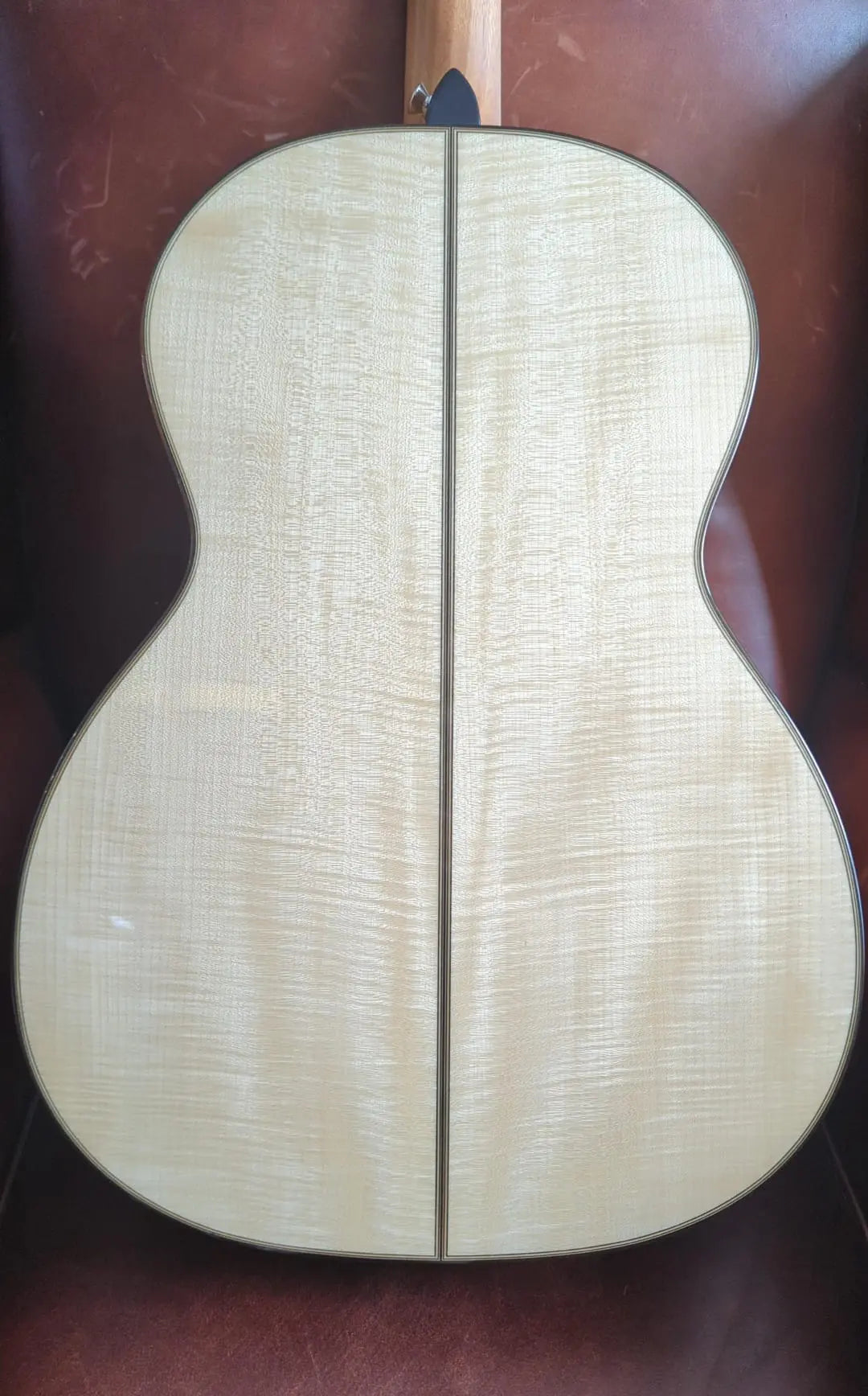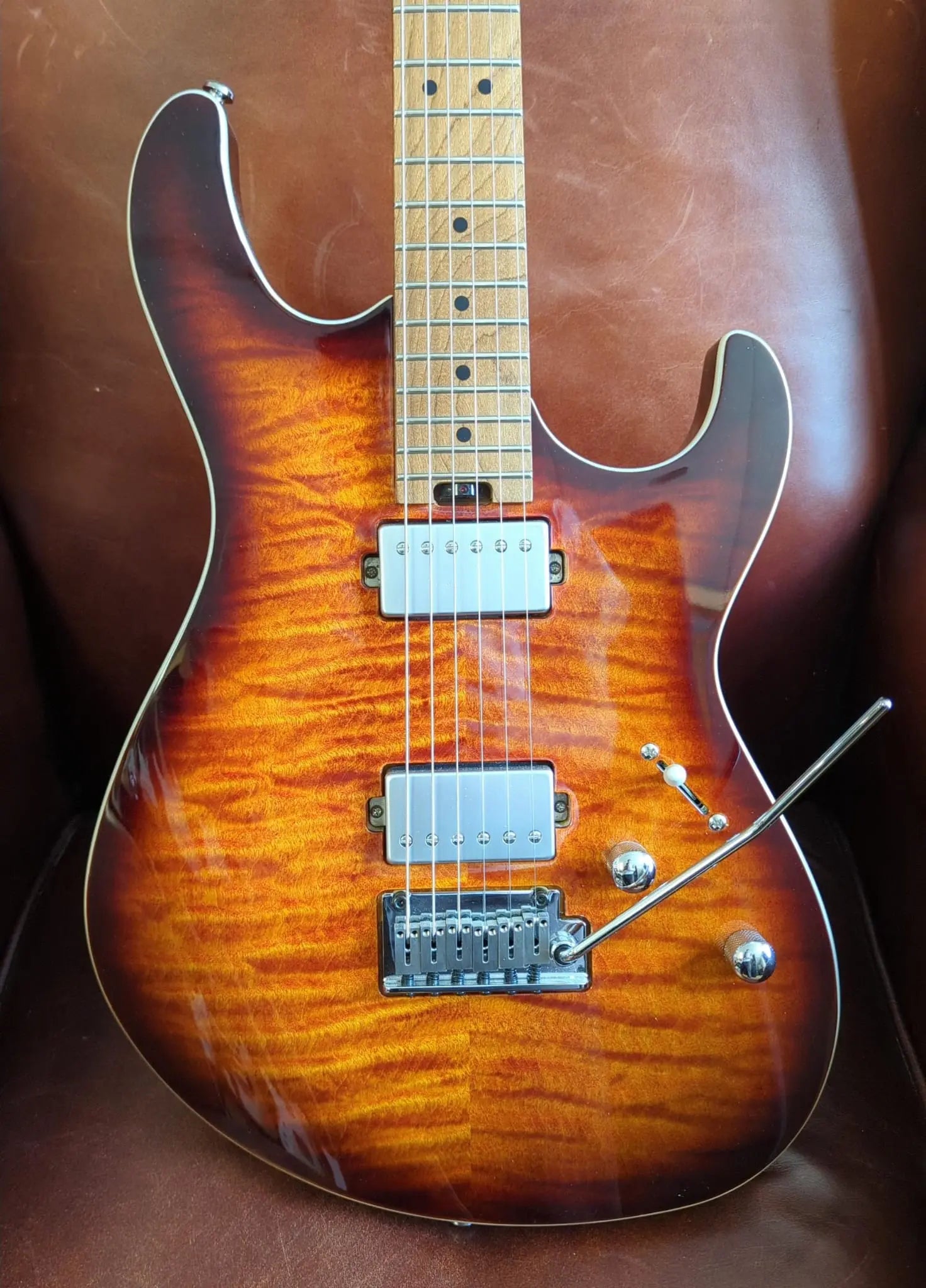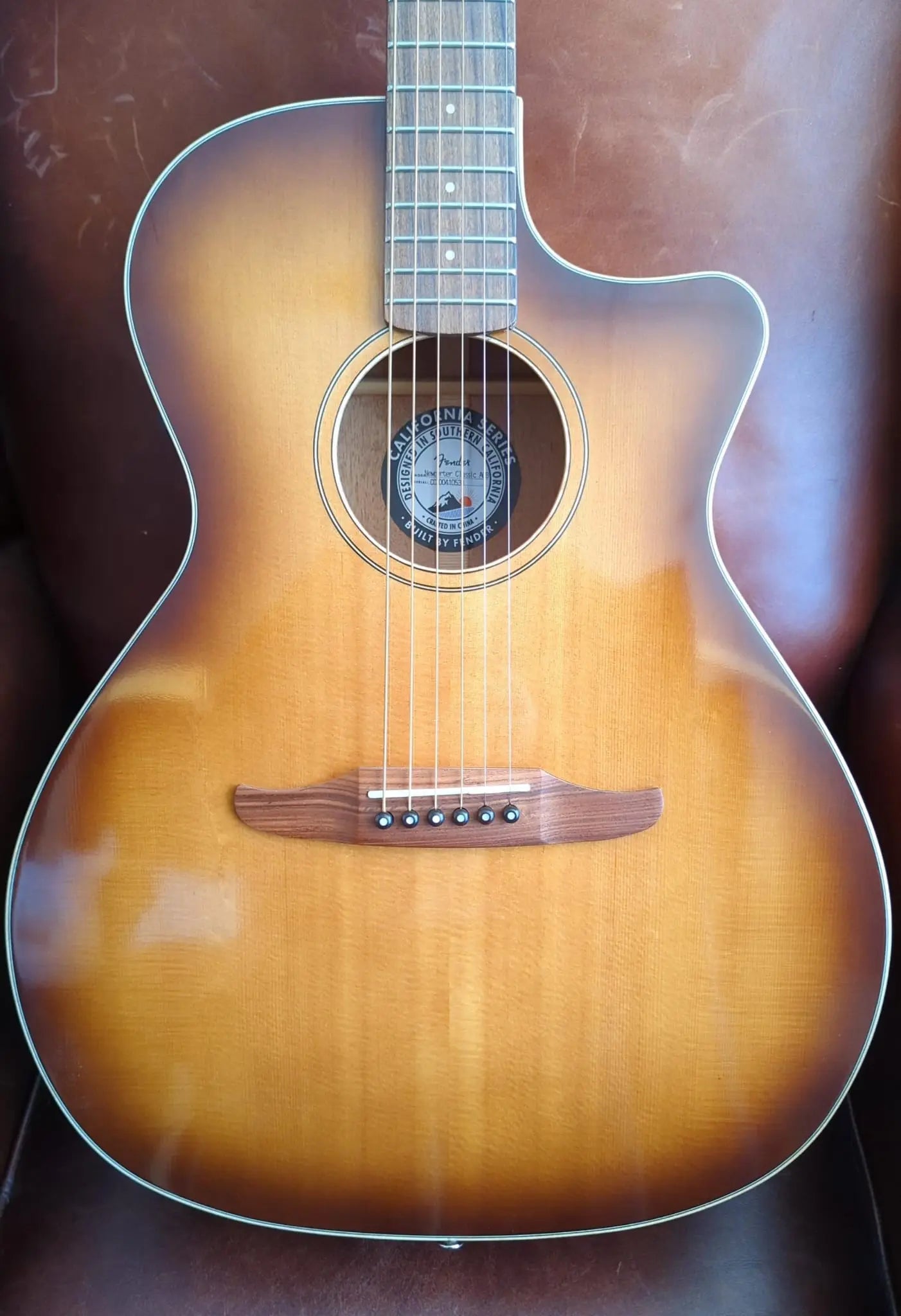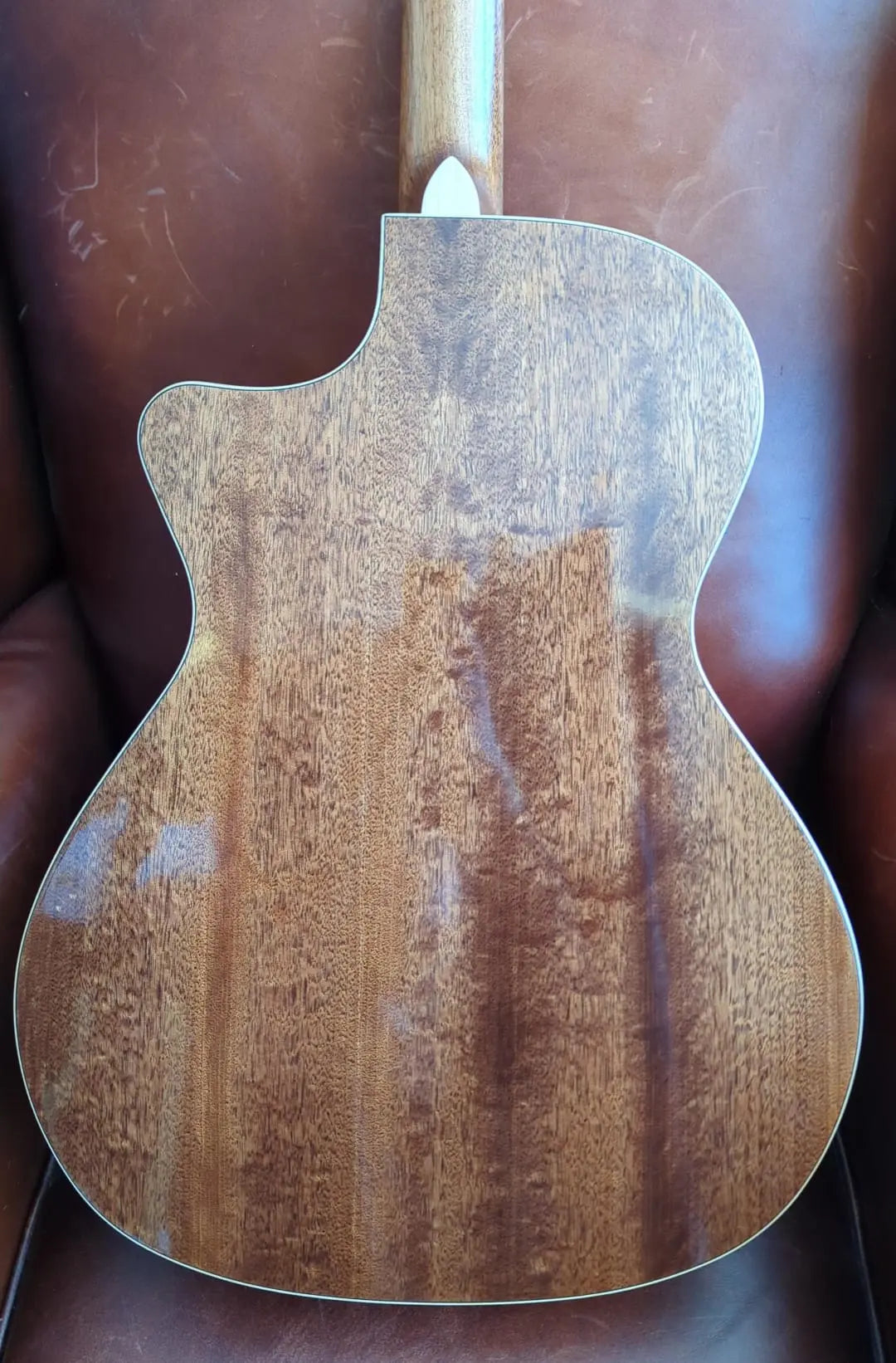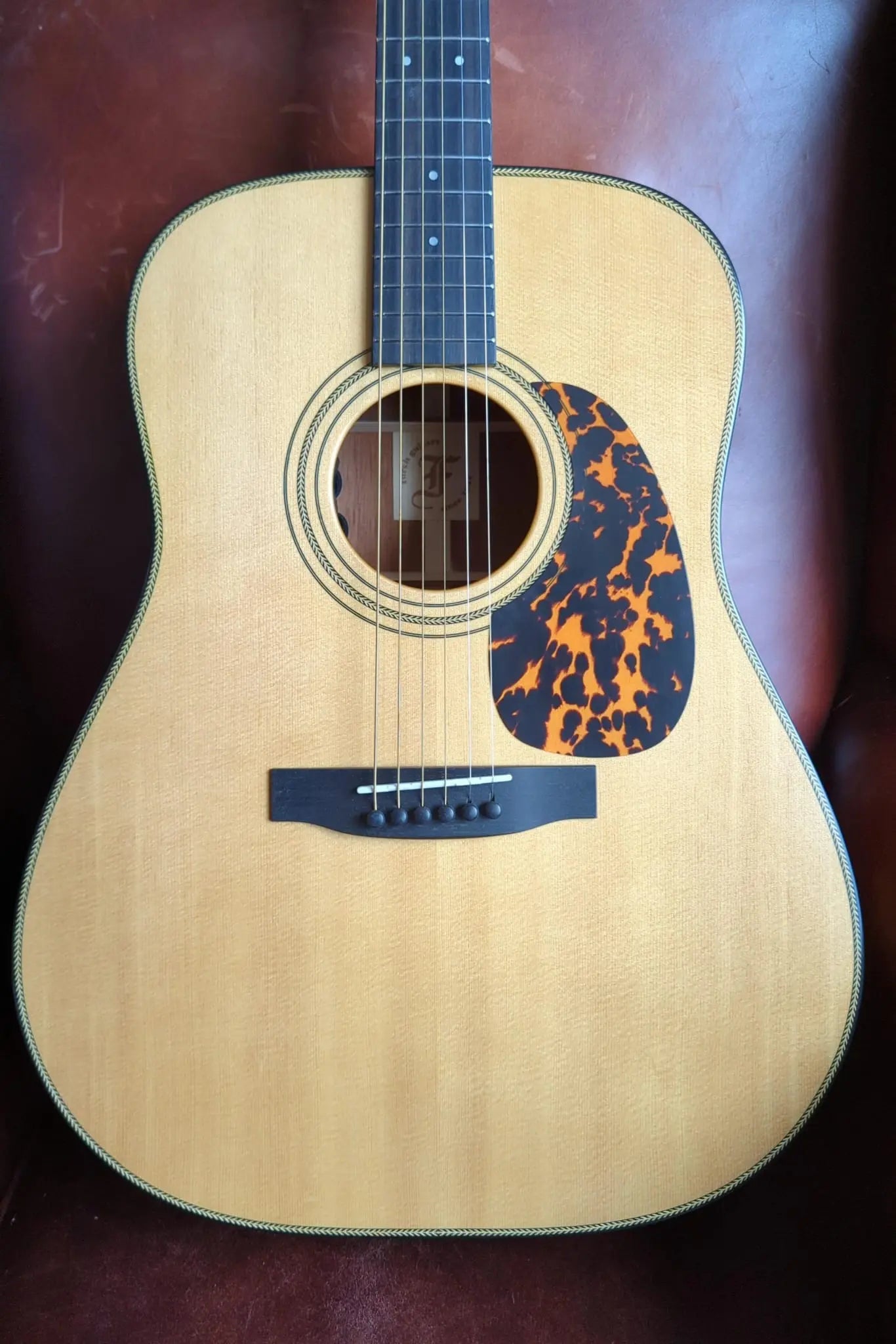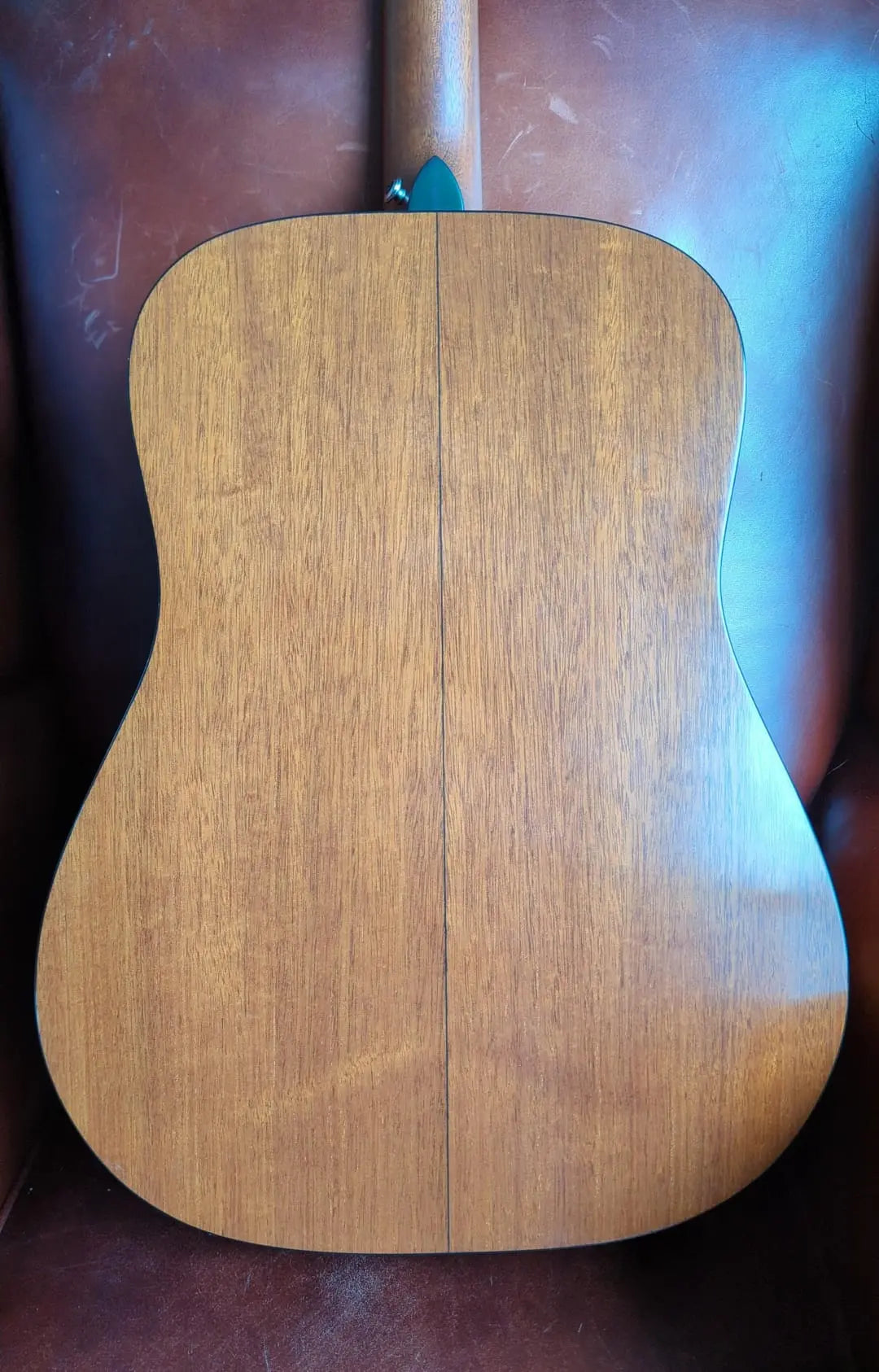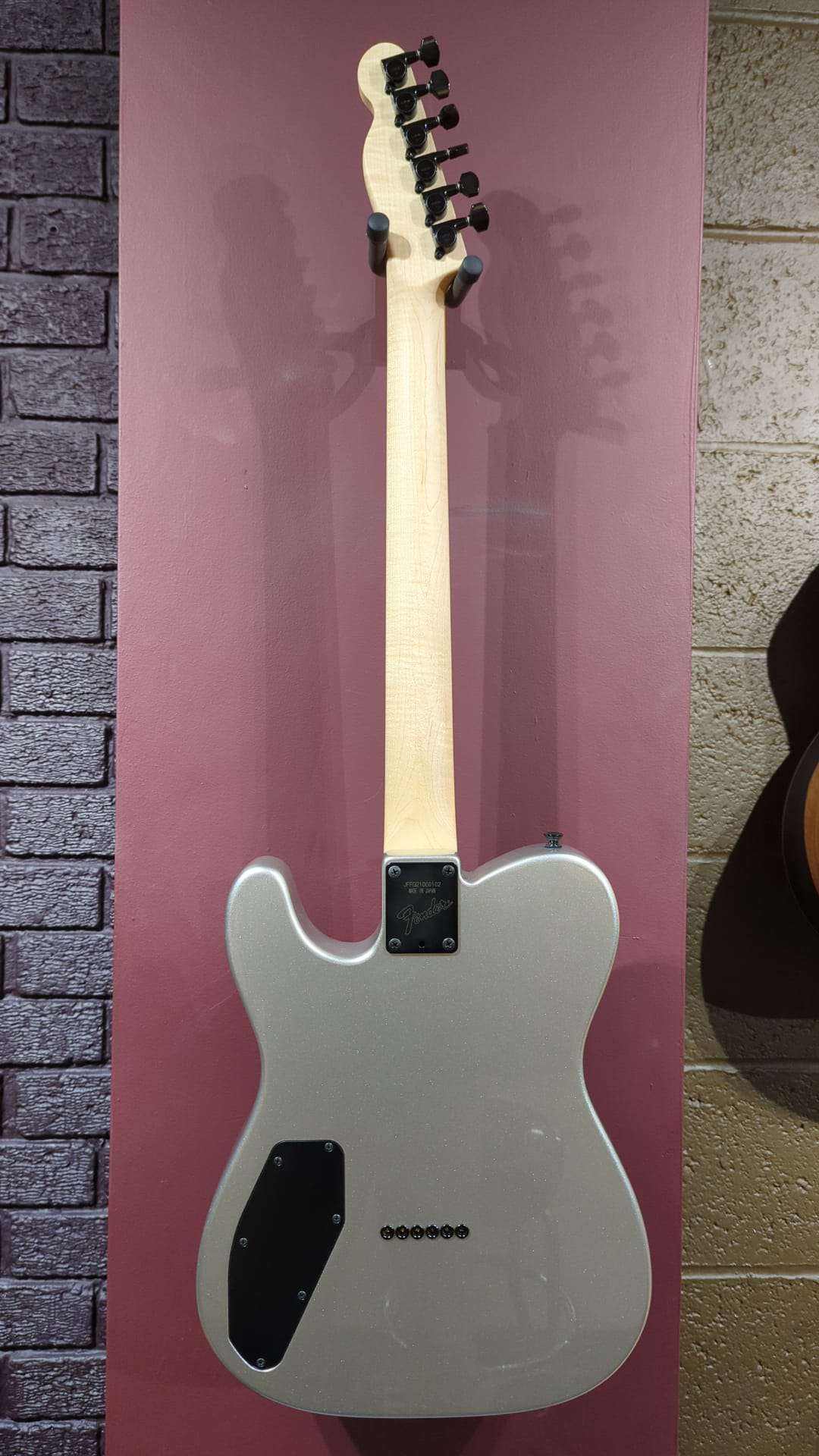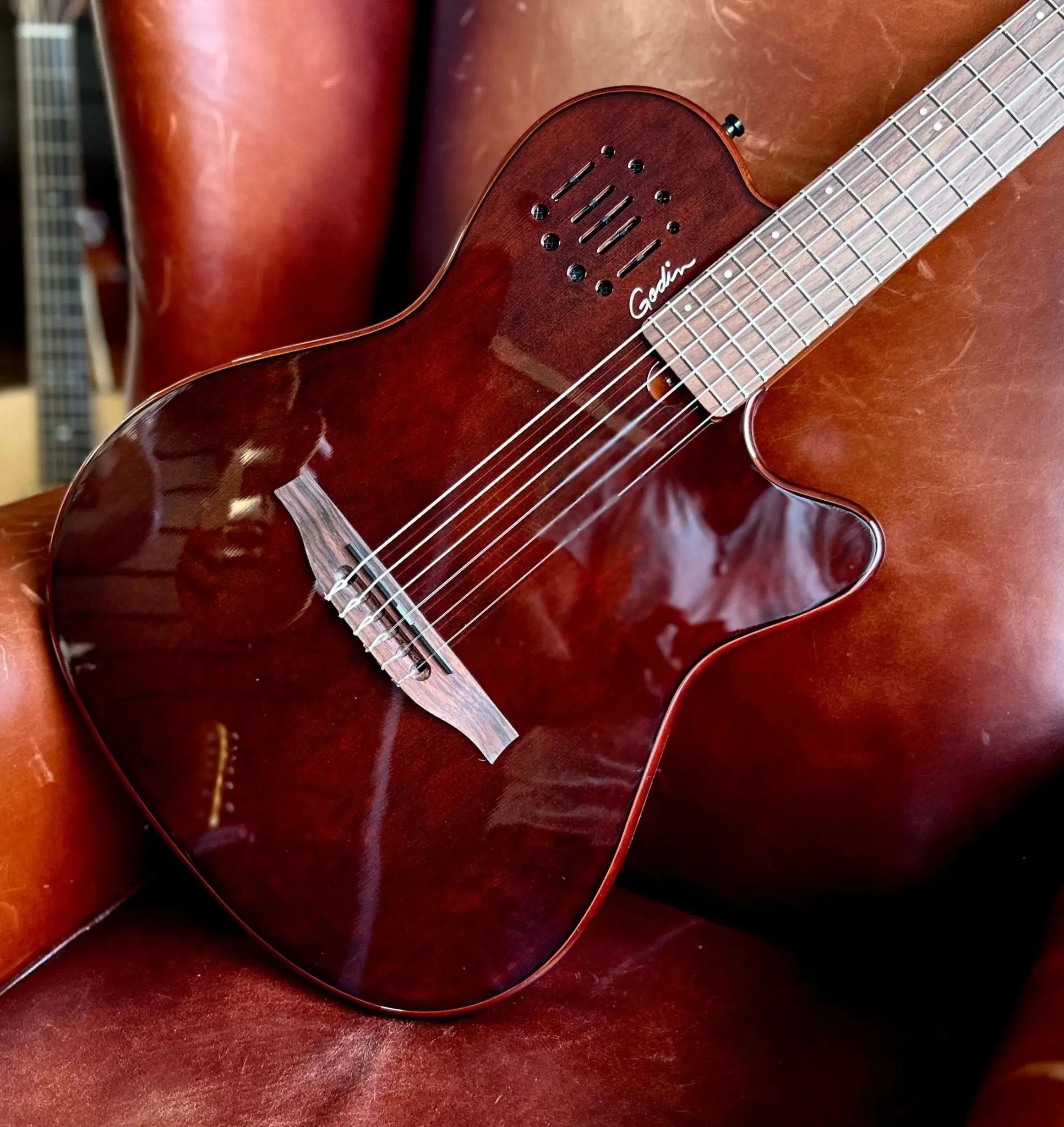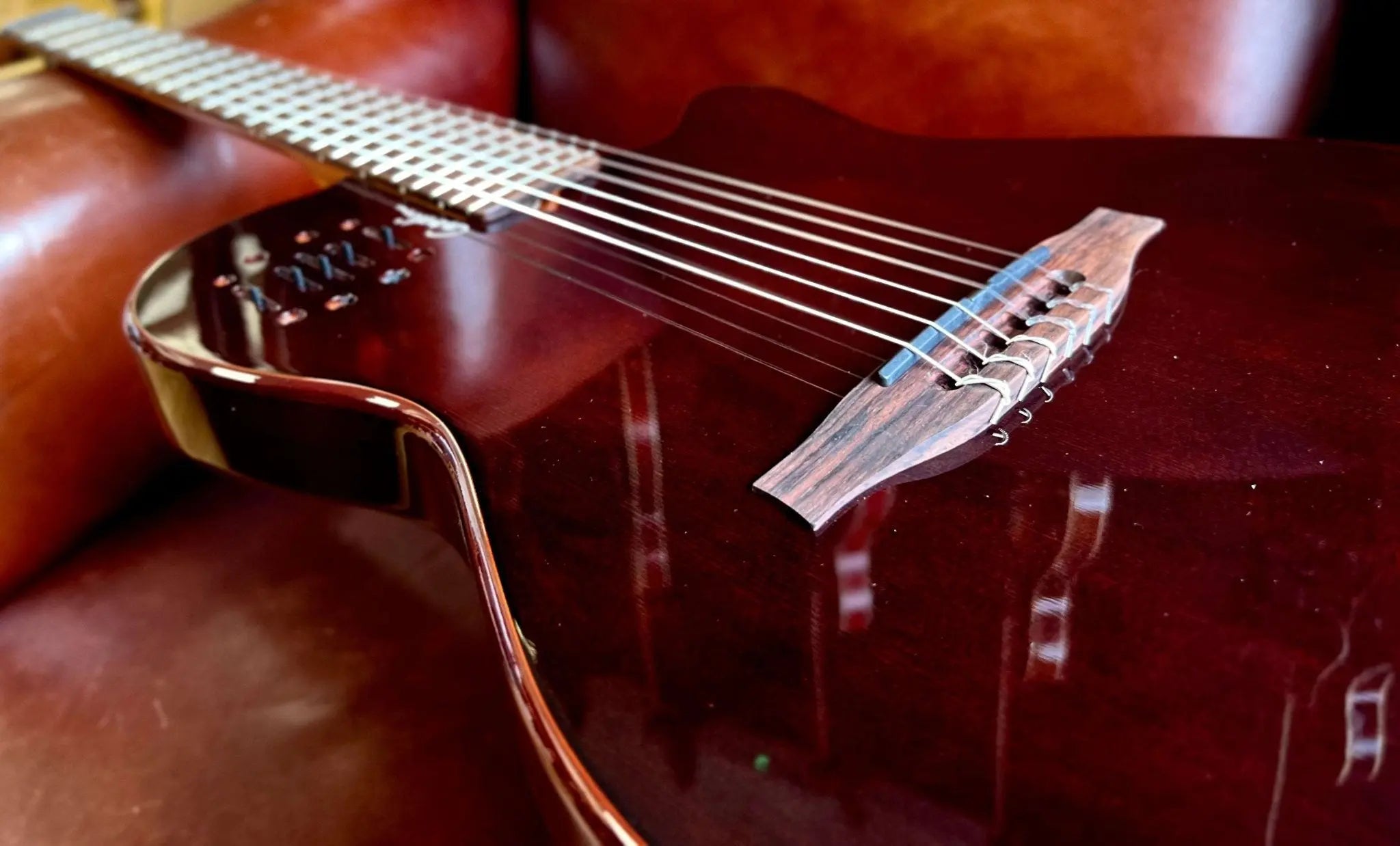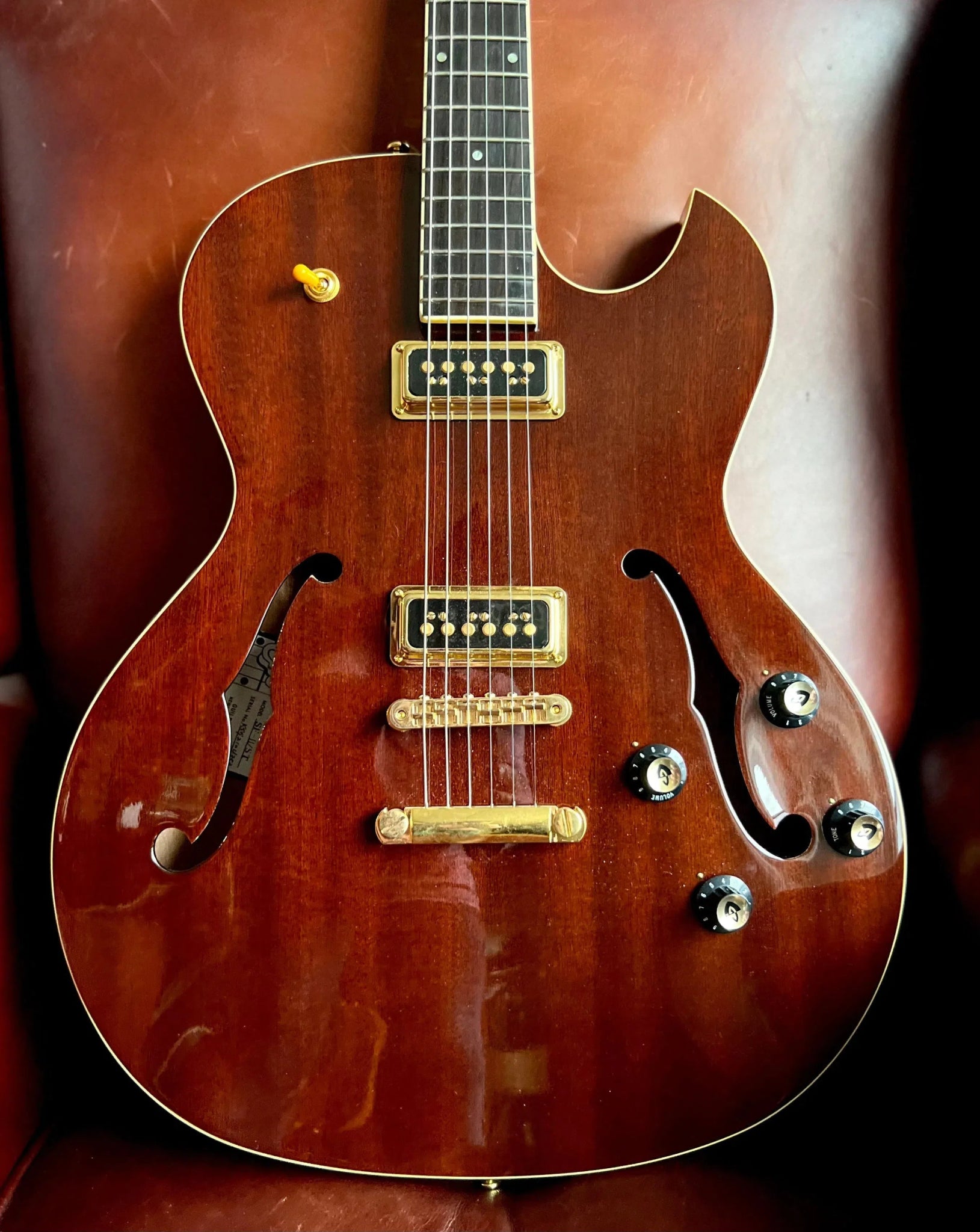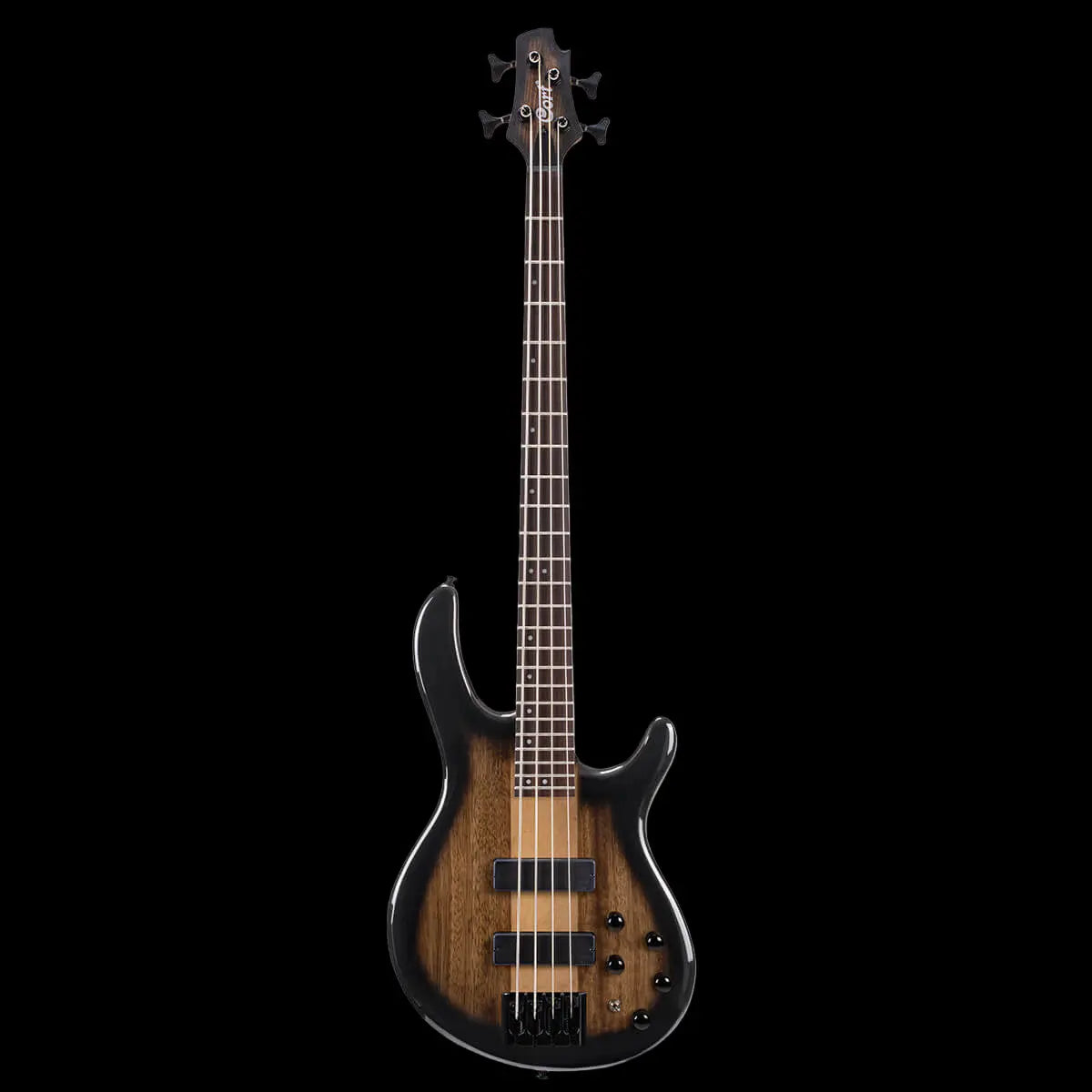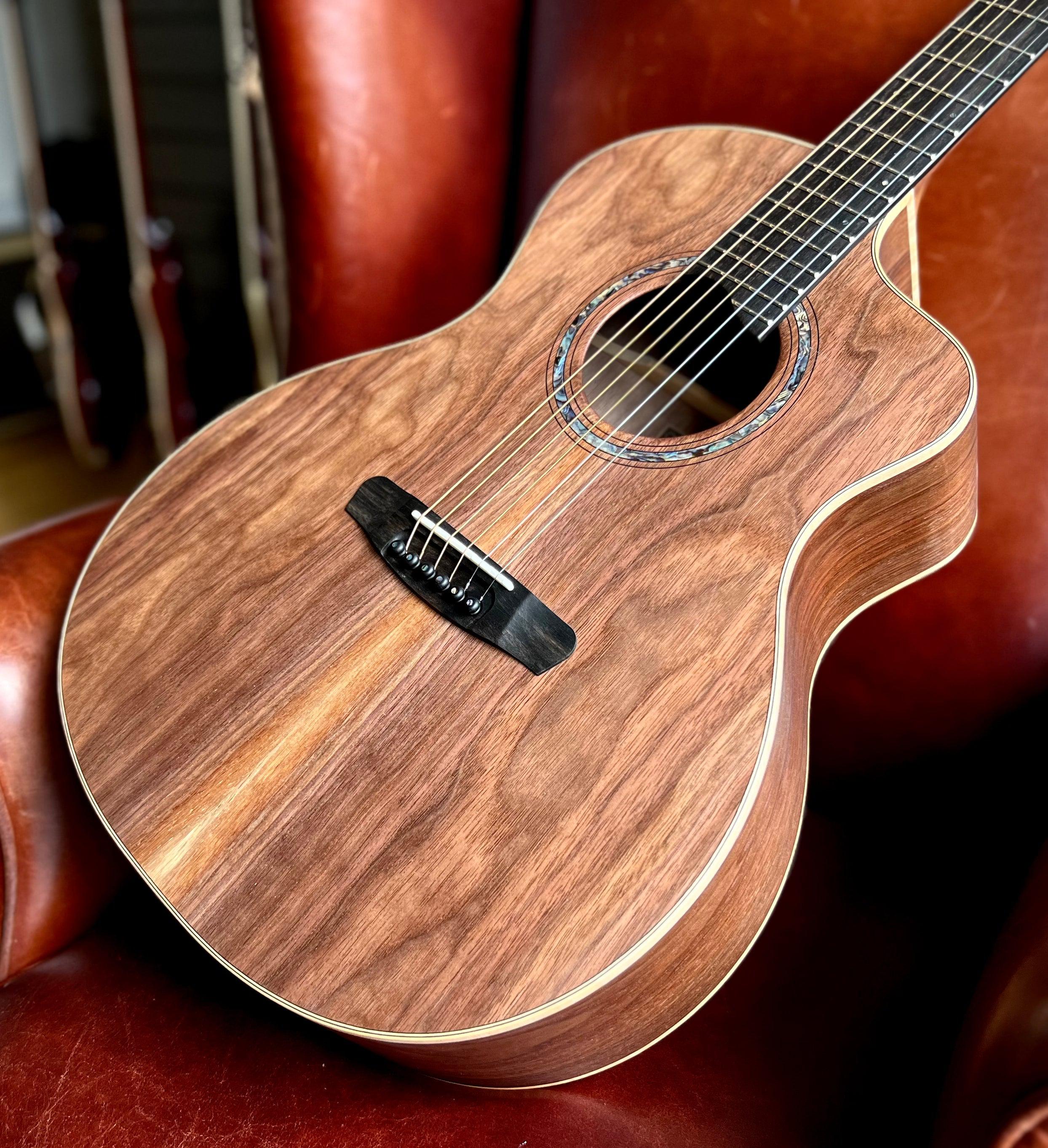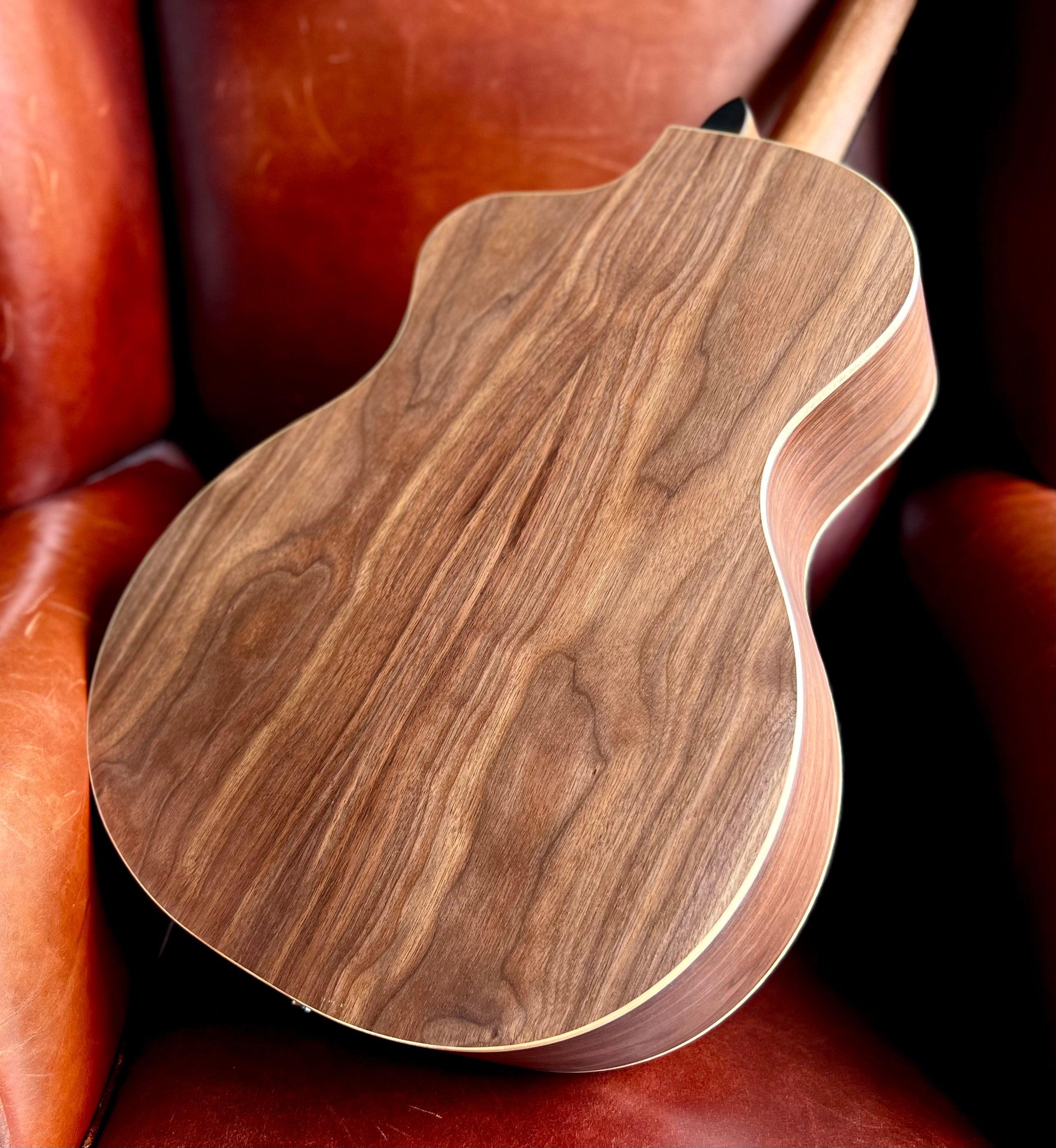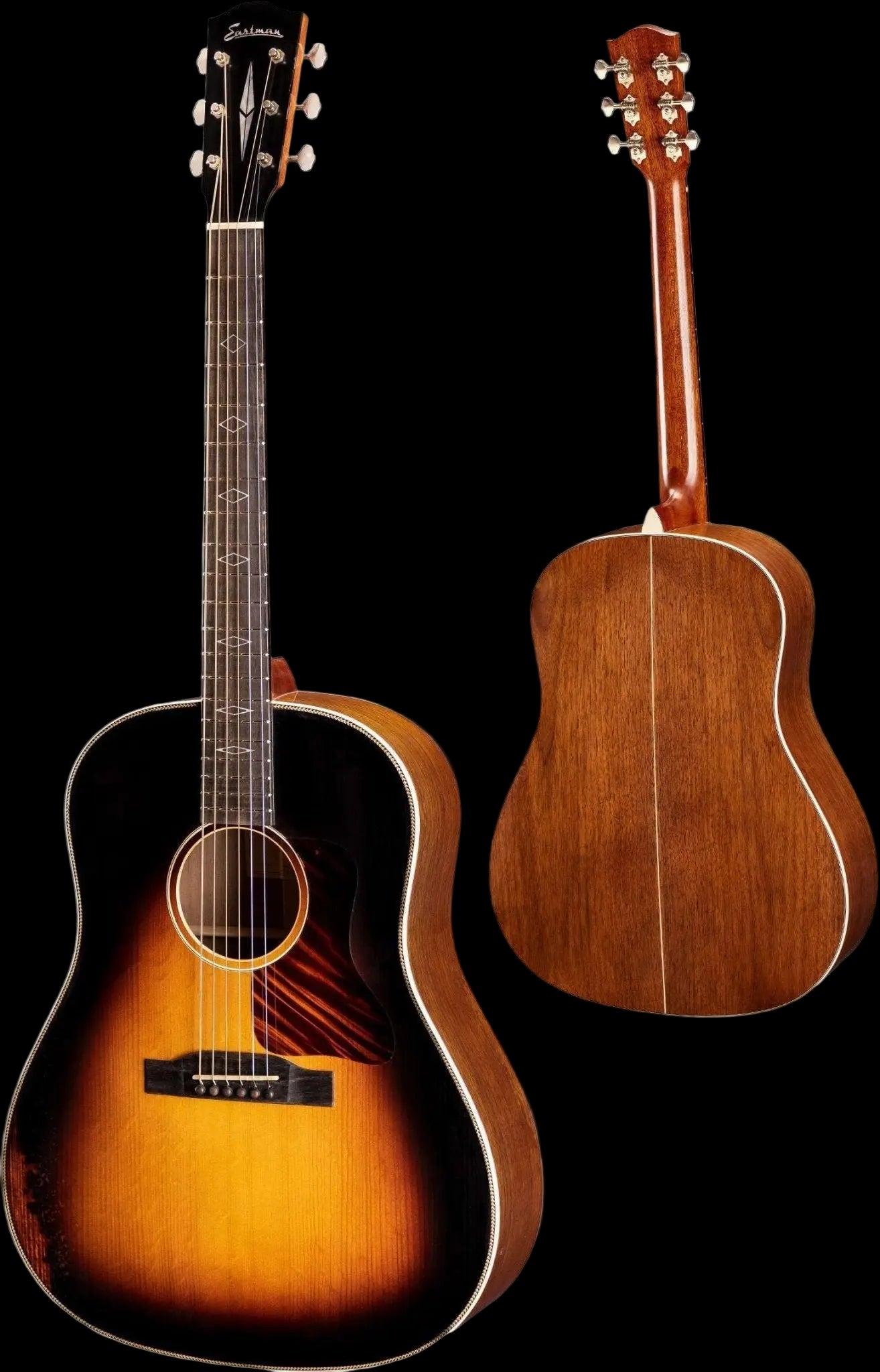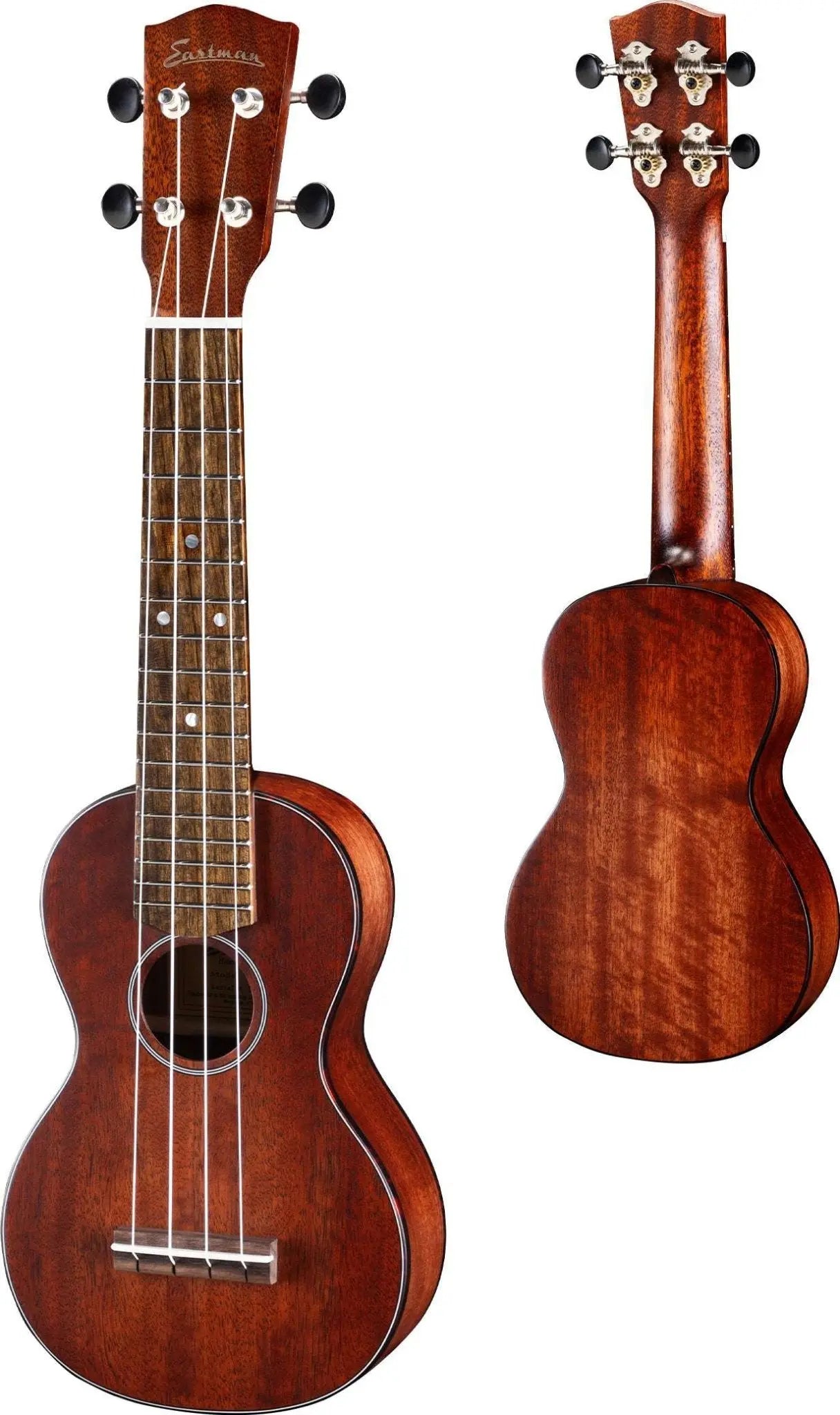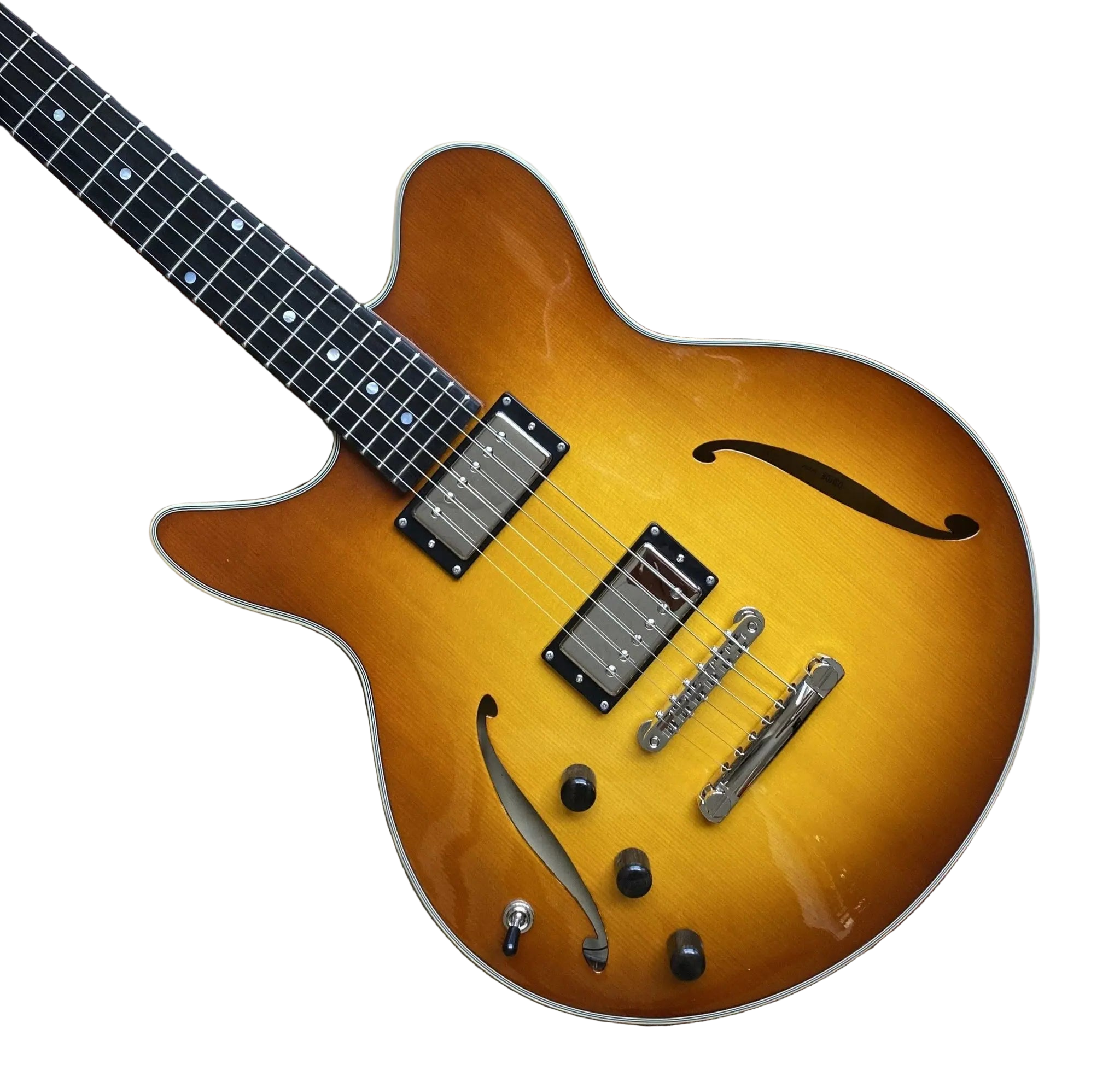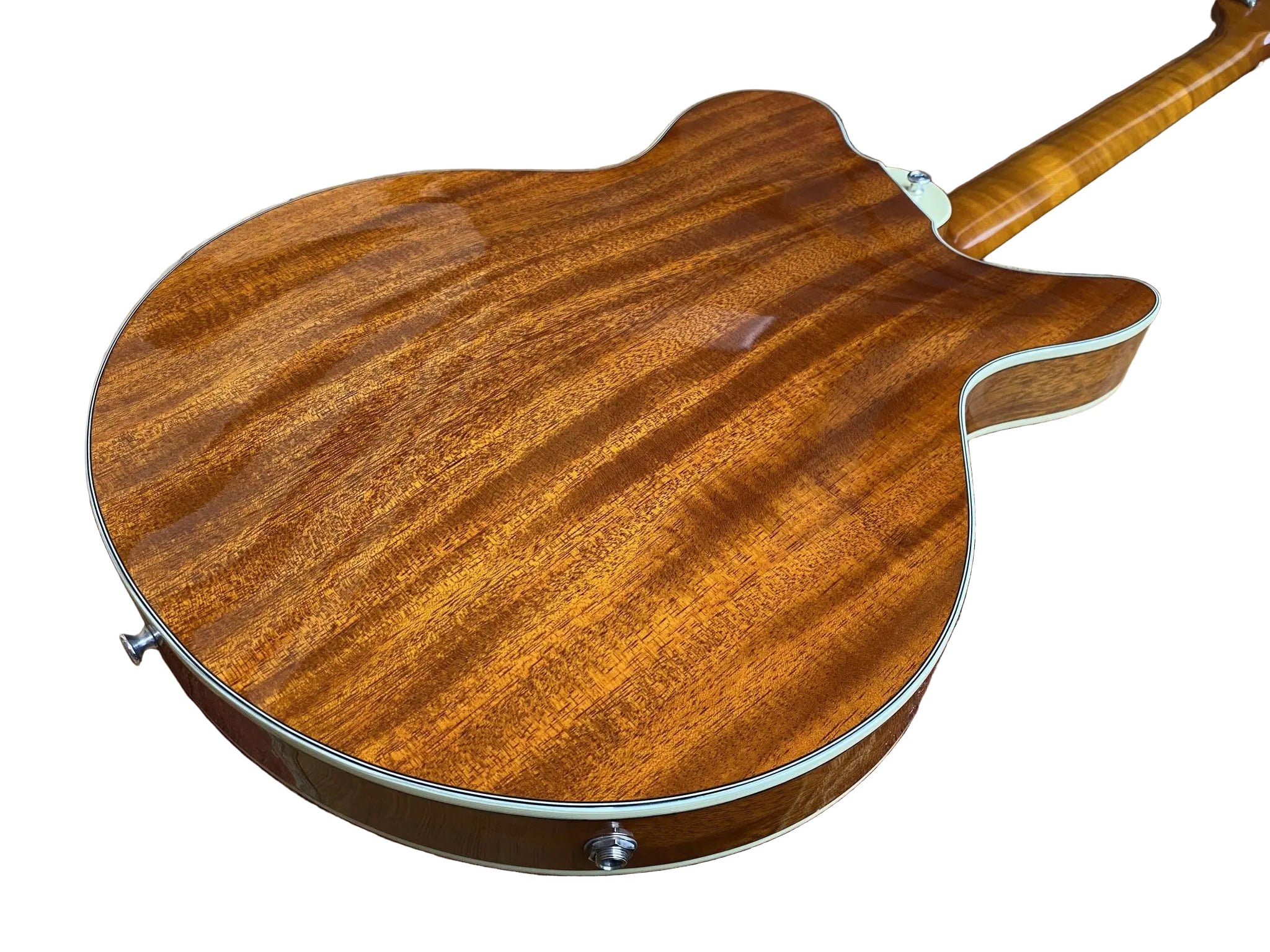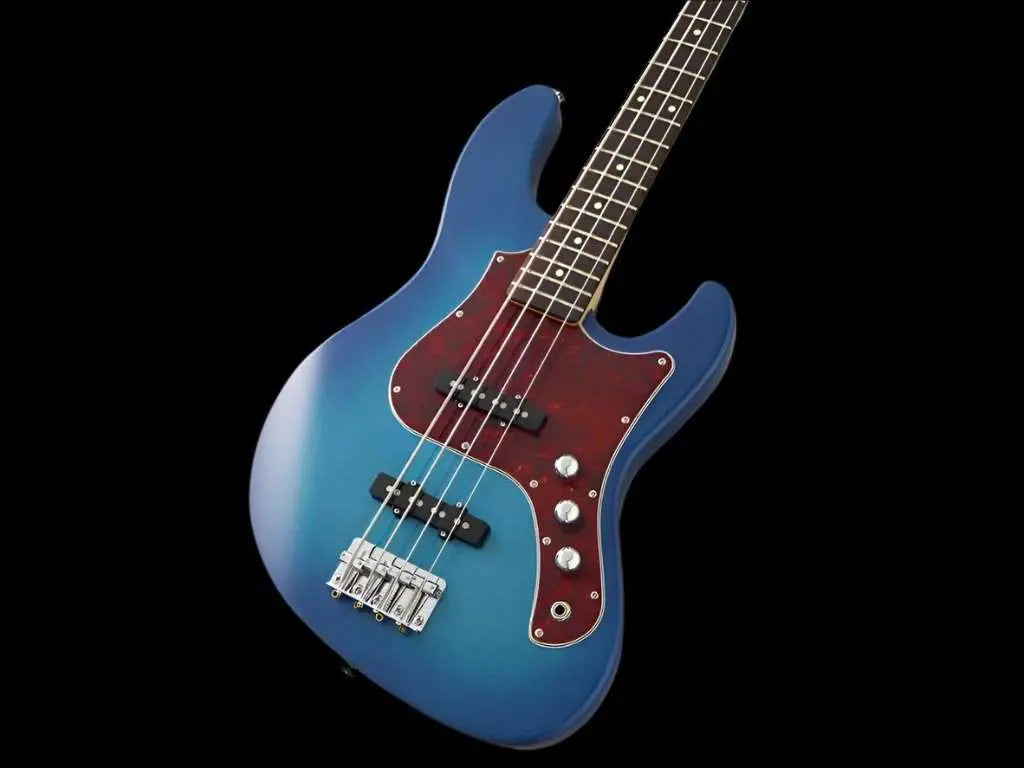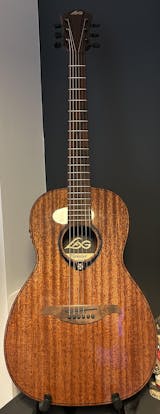
Why Every Acoustic Guitarist Should Have a Nylon Strung Acoustc Guitar In Their Collection
How Nylon-String Acoustic Guitars Differ from Steel-String Acoustic Guitars
When choosing an acoustic guitar, the decision between nylon and steel strings greatly influences the sound, feel, and overall playing experience. Each type of guitar has its own distinct characteristics, and for a player accustomed to steel strings, there are compelling reasons to consider adding a nylon-string guitar to their collection. Let’s explore how the sounds of nylon and steel-string guitars differ and why every steel-string player can benefit from owning a nylon-string guitar.
Differences in Sound
Tonal Characteristics: Nylon-string acoustic guitars are known for their warm, soft, and mellow sound. The strings generate less tension, producing a rounded, full-bodied tone with a rich midrange and a gentle, pleasant high end. The sound has a softer attack, with slower decay and less sustain, which lends itself well to classical, flamenco, bossa nova, and folk music.
In contrast, steel-string guitars have a bright, crisp, and penetrating sound due to the higher tension of the strings. They produce a louder, more dynamic tone with more projection, emphasizing clarity and brilliance with a pronounced high end. Steel strings offer a sharper attack, quicker decay, and more sustain, making them ideal for styles like folk, rock, country, and blues that require strong articulation and volume.
Timbre and Overtones: The timbre of nylon strings is smooth and rounded, often described as "sweet" or "velvety." With fewer overtones and harmonics, the sound is clean and direct, highlighting individual notes in a chord or melody. This creates a sound that is more focused and less complex harmonically.
Steel strings, on the other hand, provide a more complex timbre, rich with a wider range of overtones and harmonics. This complexity contributes to their bright, ringing quality and gives them a textured and colorful sound palette, ideal for genres where a more vibrant, shimmering sound is desired.
Dynamics and Volume: Nylon strings tend to produce a softer sound with a narrower dynamic range, which makes them perfect for expressive playing where subtle nuances in tone and volume are important. Their lower tension offers more control over dynamics, enabling a broad range from soft to moderately loud sounds.
Steel strings, with their higher tension, offer a greater dynamic range and can achieve much louder volumes. They are well-suited for playing in larger spaces or with other louder instruments, responding well to both aggressive strumming and intricate picking.
Why Every Steel-String Player Should Have a Nylon-String Guitar
Owning a nylon-string guitar opens up new musical possibilities. It provides access to genres and styles that are often challenging to explore on a steel-string guitar, such as classical, flamenco, Latin, and various world music styles. Adding a nylon-string guitar allows a steel-string player to diversify their musical repertoire and gain fresh insights into different approaches to composition and performance.
Playing a nylon-string guitar also enhances technique and finger strength. The lower tension and softer strings are ideal for practicing intricate fingerpicking patterns, developing dexterity, and improving finger independence. These skills can then be transferred back to steel-string playing, resulting in a more versatile and well-rounded skill set.
Nylon-string guitars offer a gentler playing experience. The softer strings are more comfortable on the fingers, making them suitable for longer practice sessions or for players who experience discomfort or pain with steel strings. This can be especially beneficial for beginners or those recovering from finger injuries, reducing the risk of strain and encouraging more enjoyable playing sessions.
The warm, mellow sound of nylon strings naturally encourages expressive and emotive playing. These guitars respond beautifully to subtle changes in dynamics and articulation, allowing players to explore a broader range of emotional expression. This focus on expressiveness can enhance a player's overall musicality, benefiting their playing on all types of guitars.
For recording artists, having both a nylon-string and a steel-string guitar provides a wider range of tonal options. Nylon-string guitars can add a distinct character and warmth to recordings, offering a contrast to the brightness and punch of steel strings. This versatility is especially useful in arrangements that call for different textures or a softer, more intimate sound.
Adding a nylon-string guitar to a collection enhances versatility, allowing a musician to adapt to different musical contexts and situations. Whether performing solo, playing in an ensemble, or recording, having access to the unique sound of a nylon-string guitar expands the creative possibilities available to the musician.
Conclusion
While steel-string acoustic guitars are prized for their bright, clear, and versatile sound, nylon-string guitars offer a distinctive tonal palette that can greatly enrich a musician's versatility and creativity. Their warm, mellow tone, expressive capabilities, and comfort make them a valuable addition to any guitarist's collection. For anyone looking to expand their repertoire, develop new techniques, or explore different sounds, a nylon-string guitar provides a fresh and rewarding musical experience. Every steel-string player should consider the benefits of adding a nylon-string guitar to their toolkit—it’s an investment in new musical possibilities and a deeper understanding of the instrument.






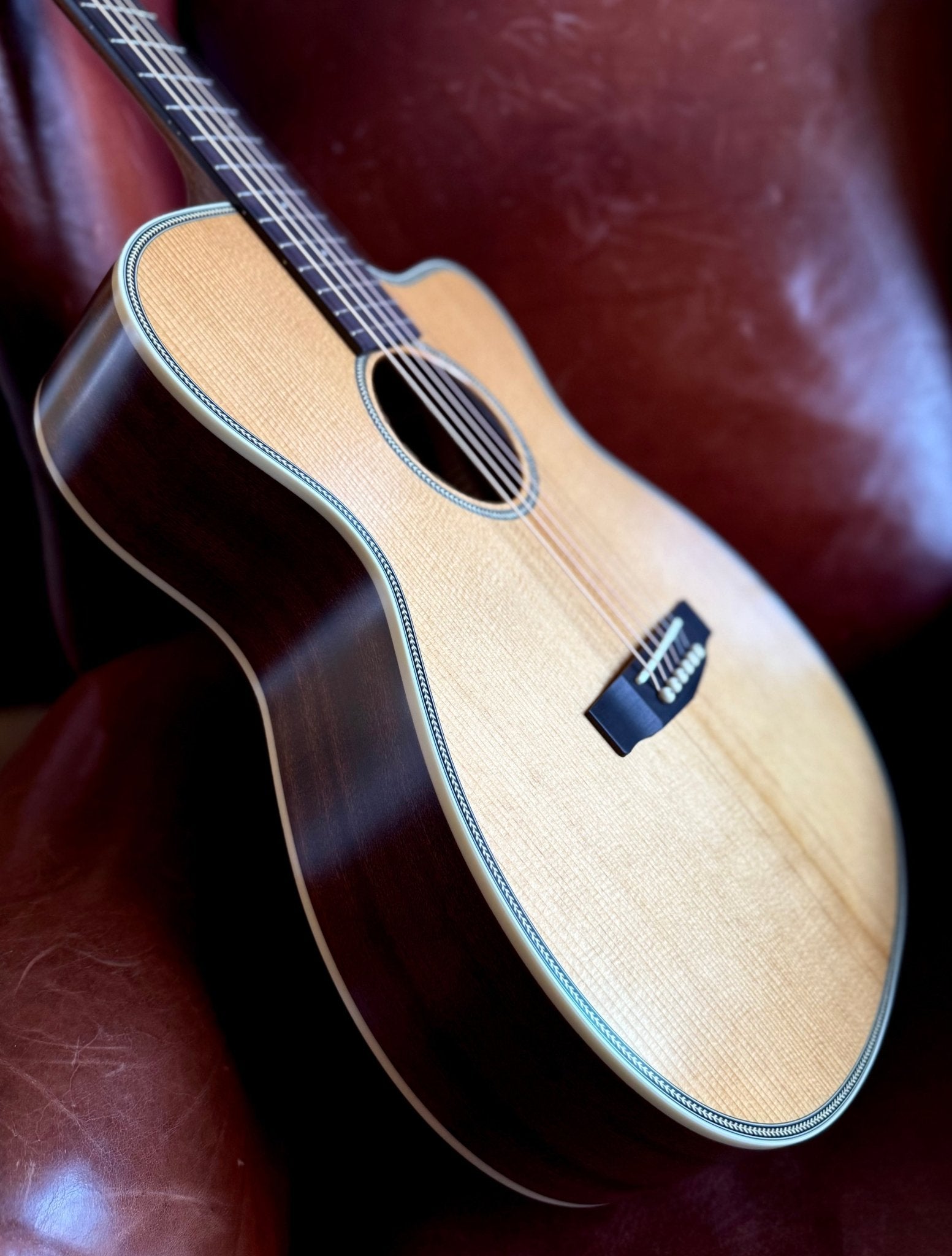
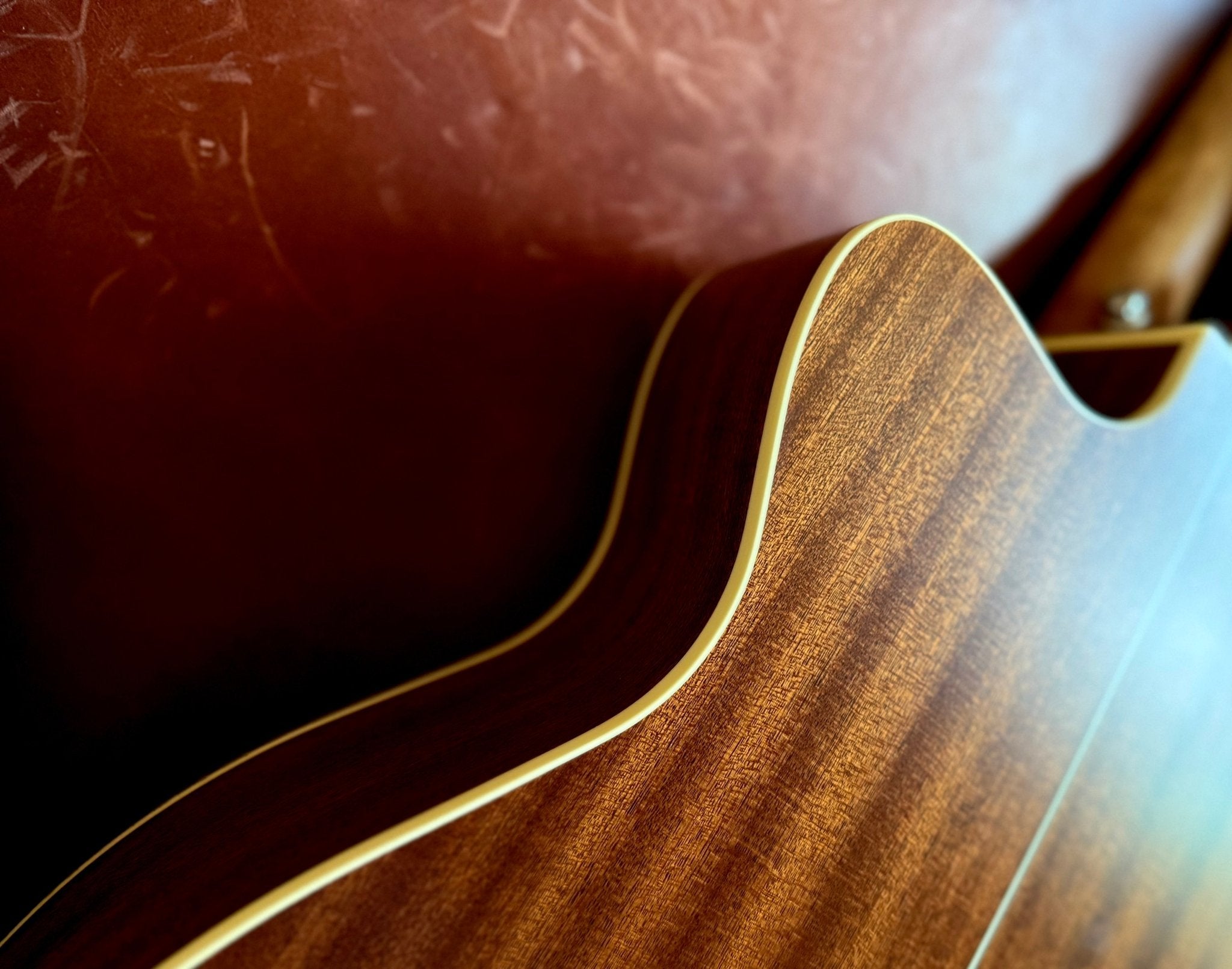
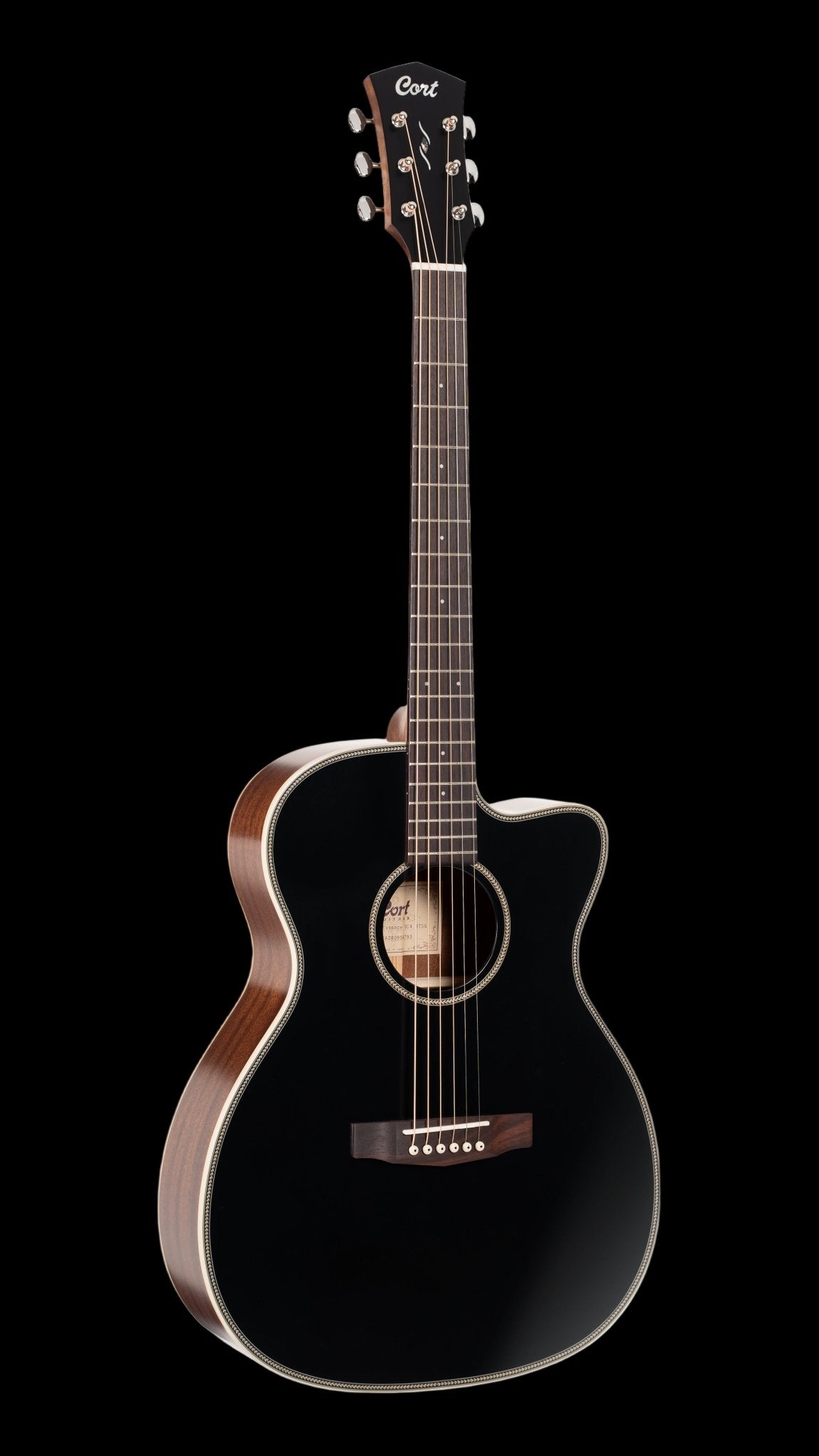
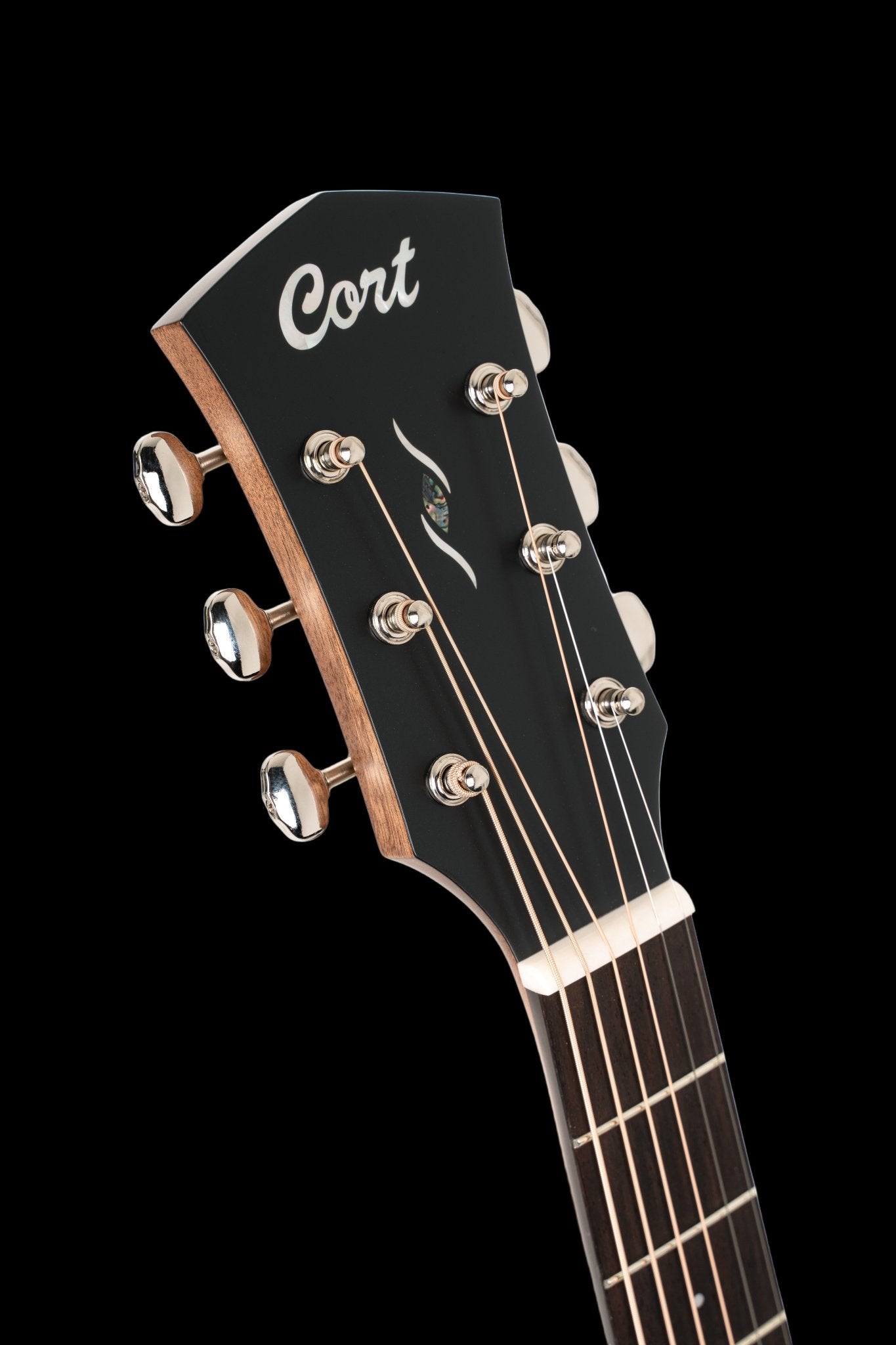
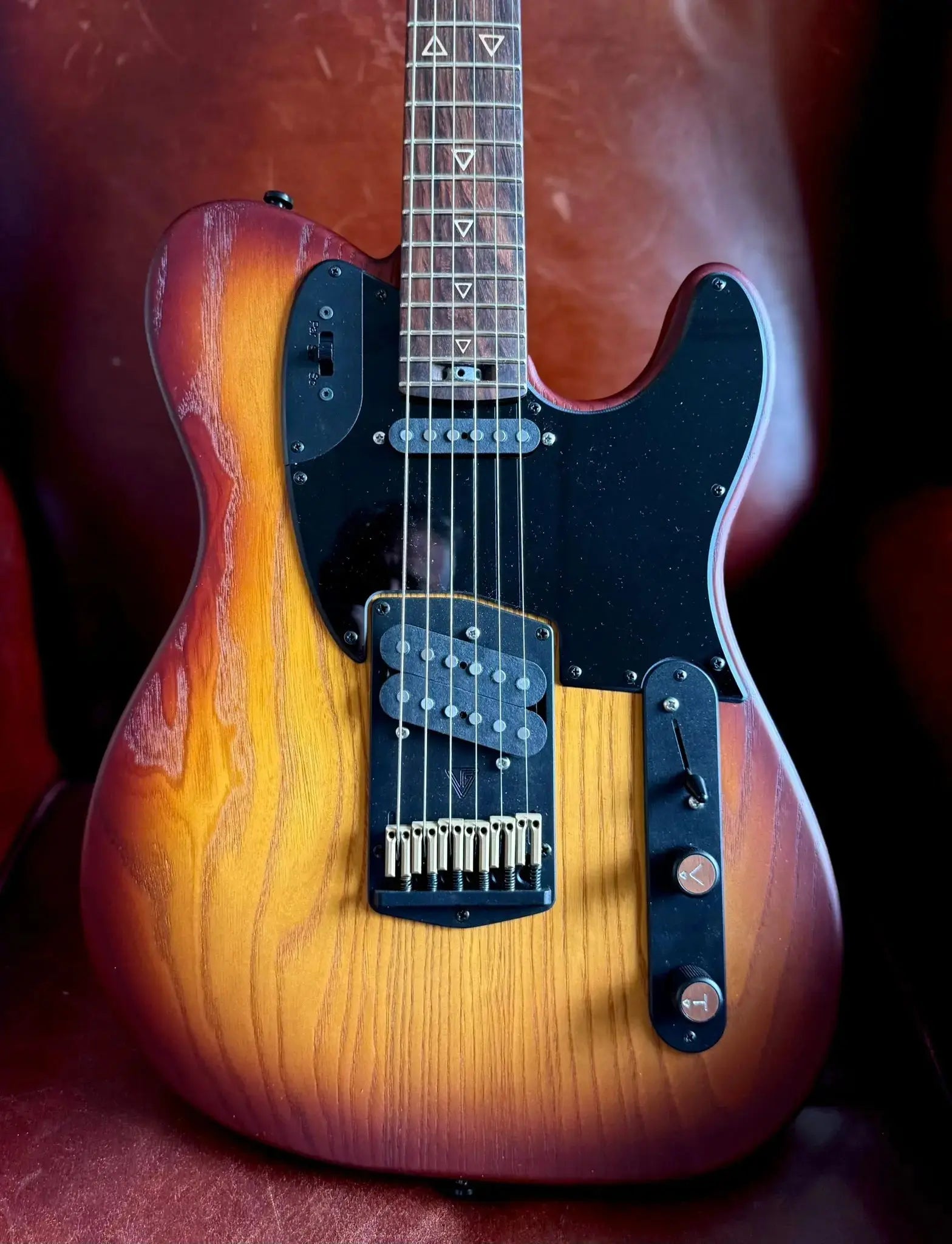
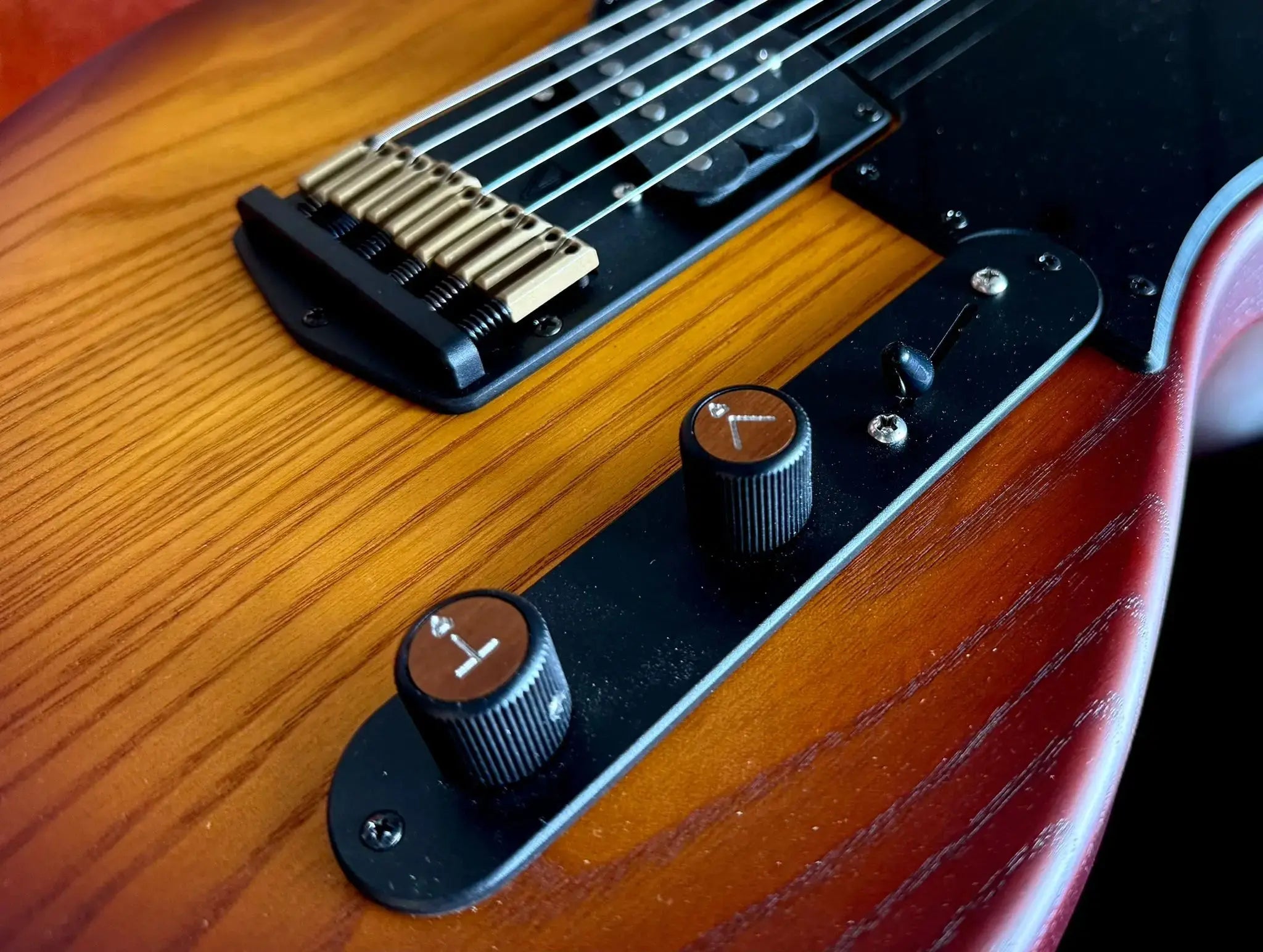
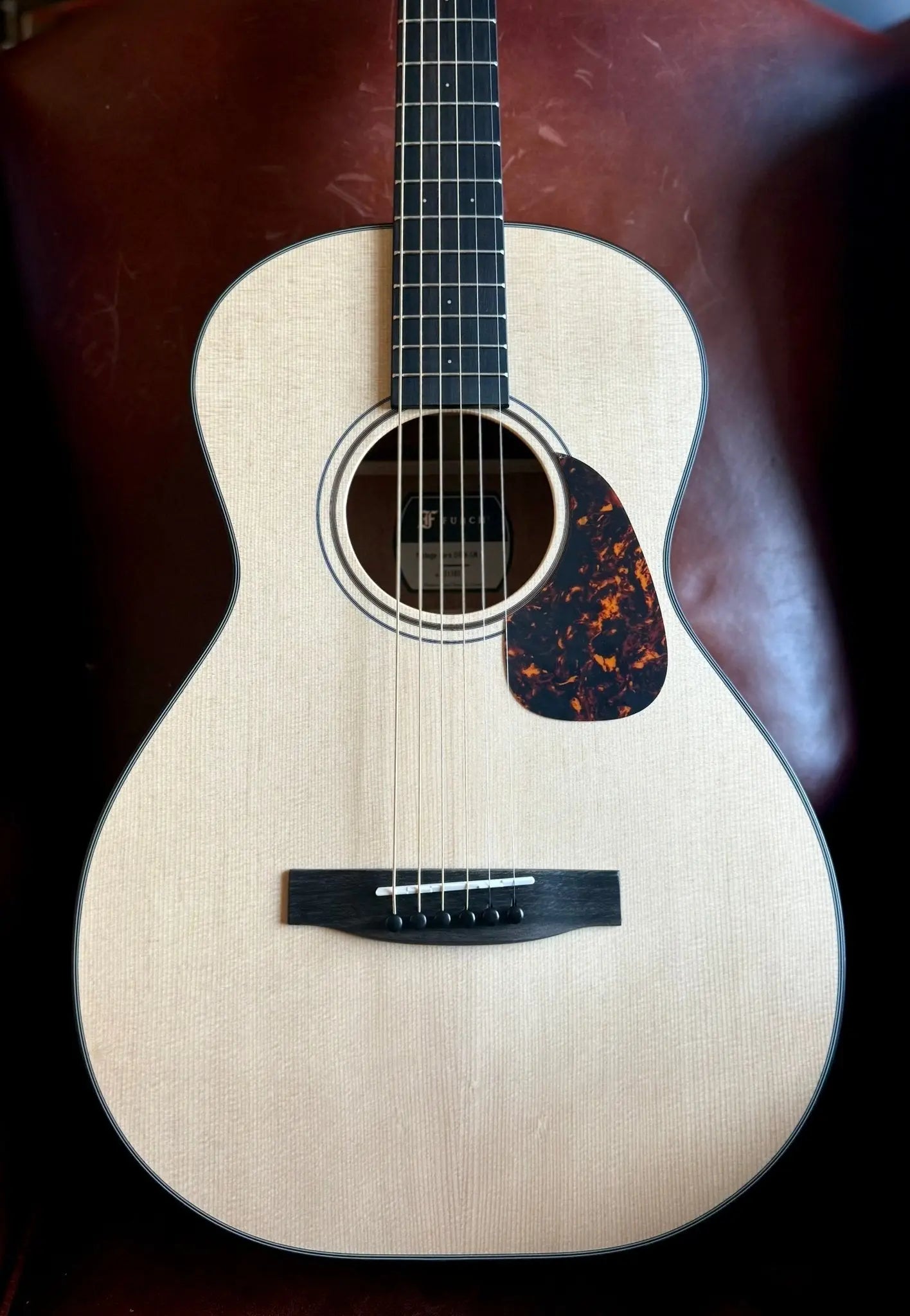
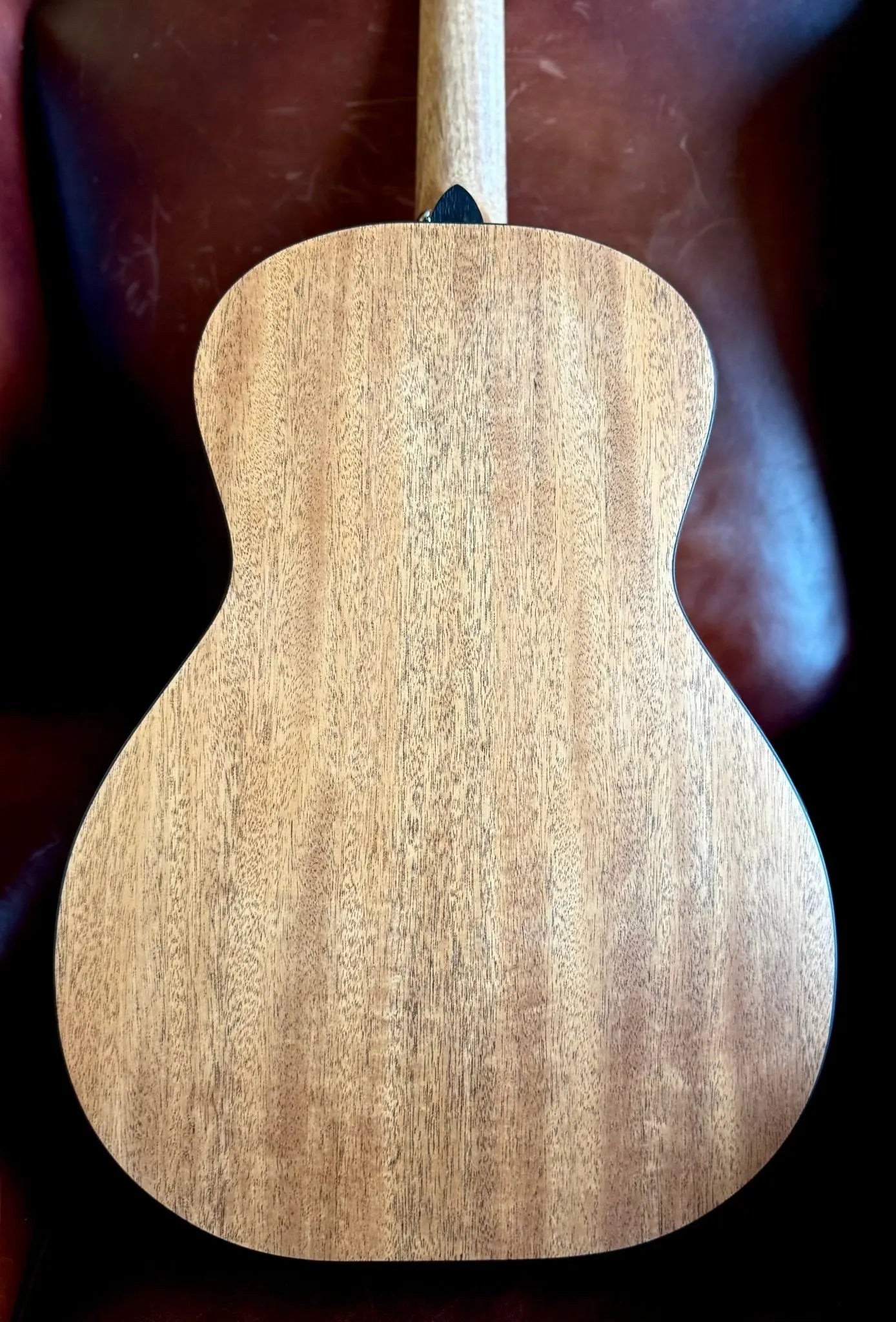




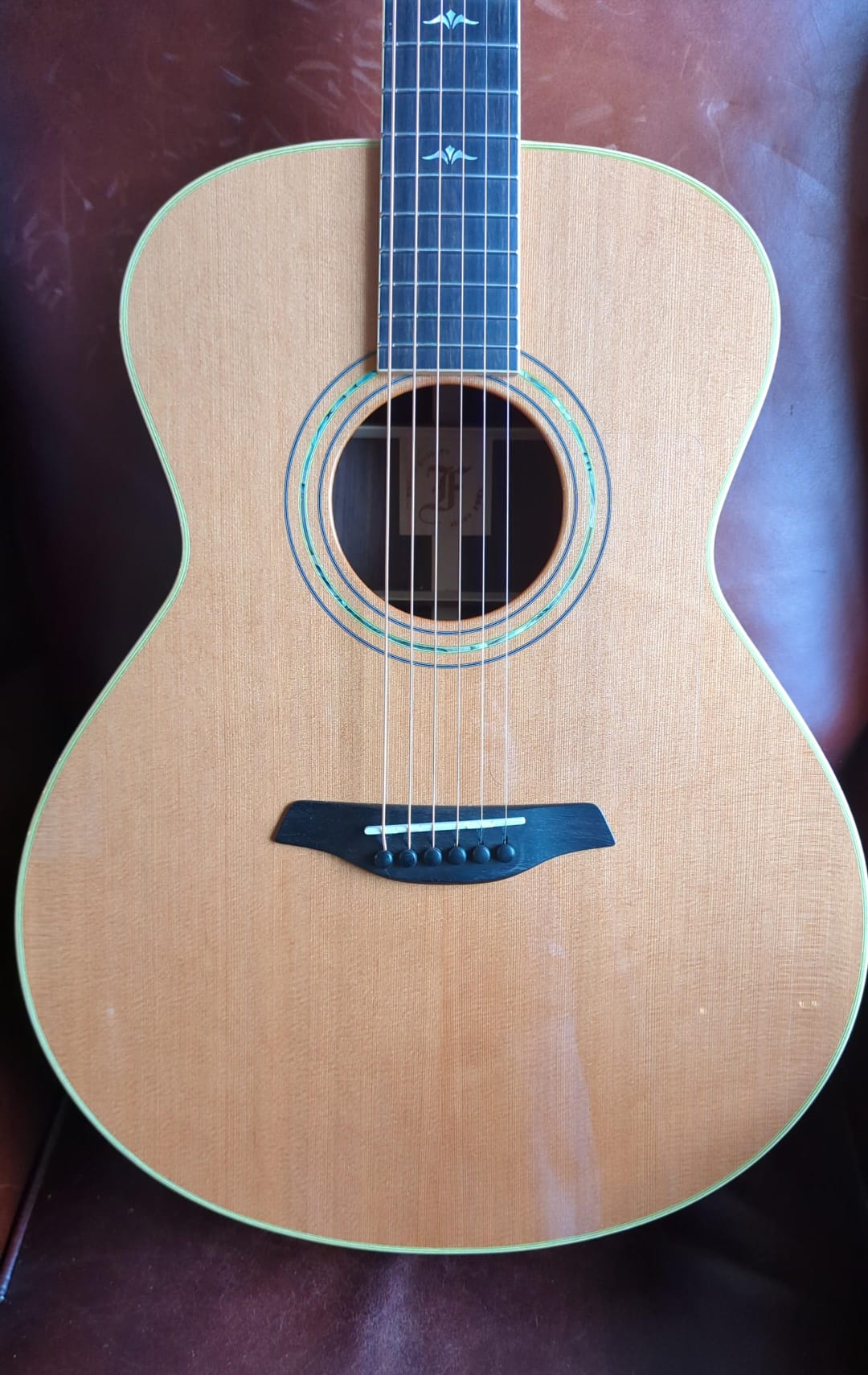
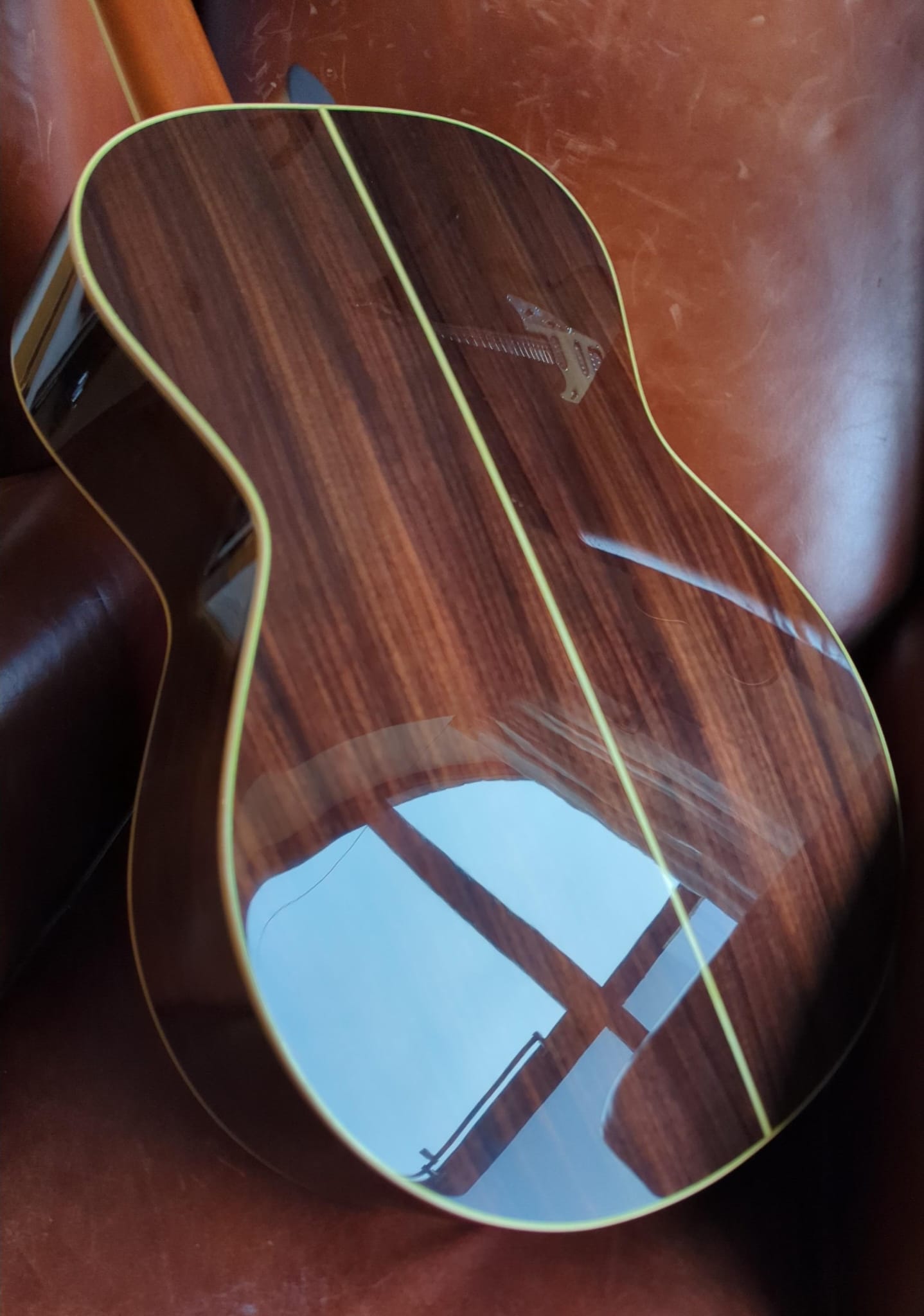

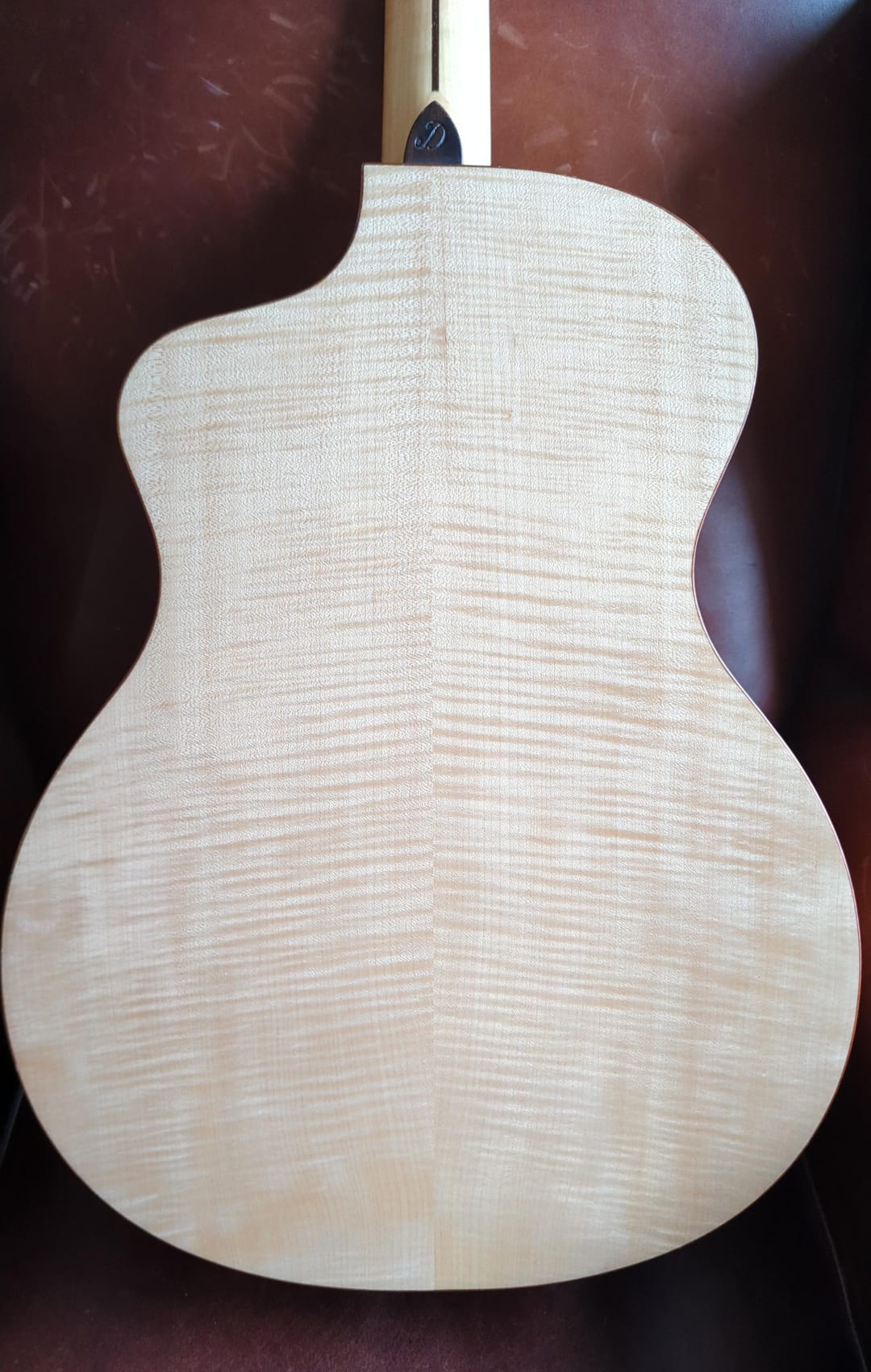
![Gordon Smith GS2 Deluxe Export 2019 [used] A1 Condition - Richards Guitars Of Stratford Upon Avon](http://rguitars.co.uk/cdn/shop/files/gordon-smith-gs2-deluxe-export-2019-used-a1-condition-4323398.jpg?v=1766153718&width=1072)
![Gordon Smith GS2 Deluxe Export 2019 [used] A1 Condition - Richards Guitars Of Stratford Upon Avon](http://rguitars.co.uk/cdn/shop/files/gordon-smith-gs2-deluxe-export-2019-used-a1-condition-9502671.jpg?v=1766153718&width=899)
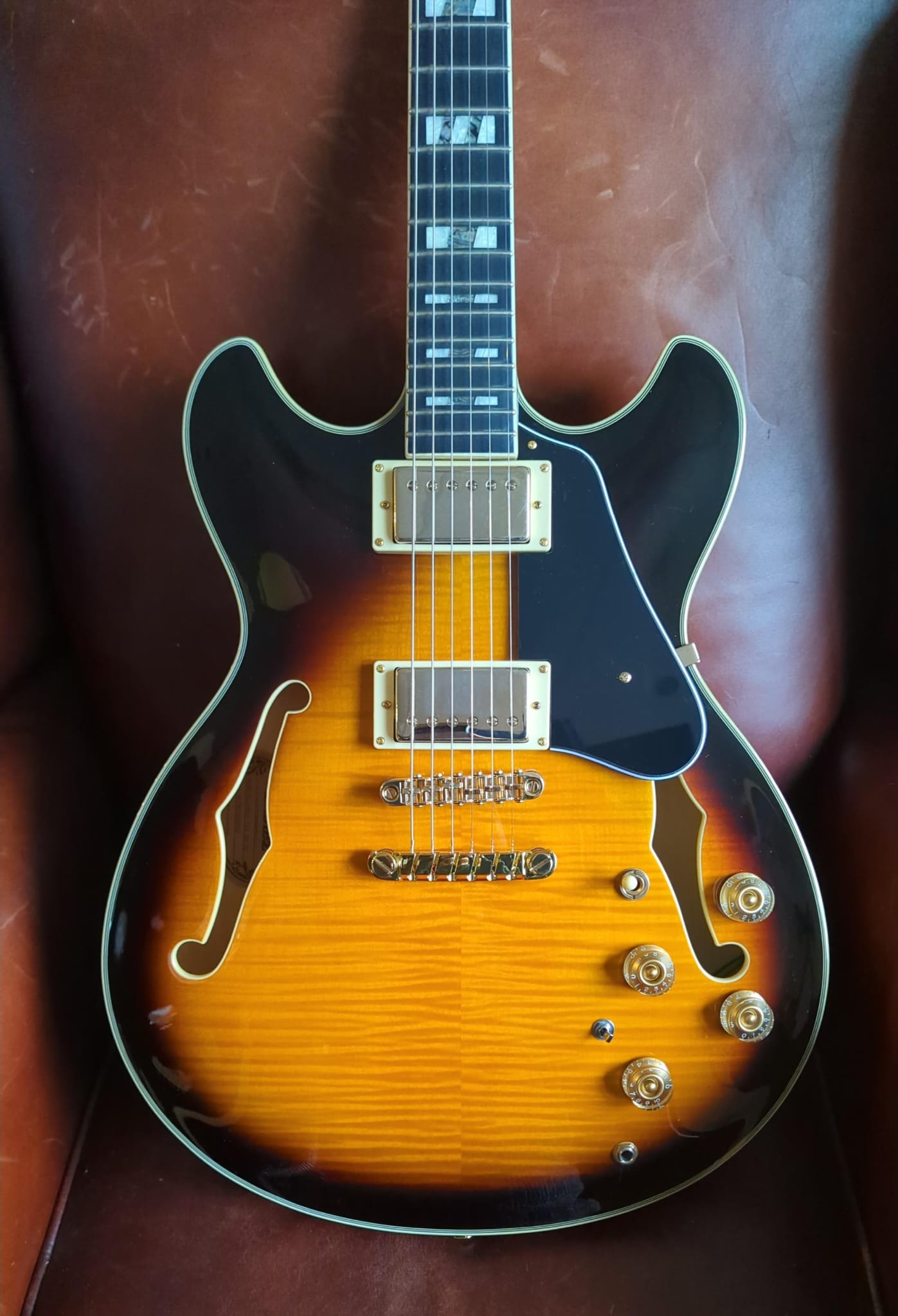

![G&L USA Made ASAT - late 80s/early 90s [Used] - Richards Guitars Of Stratford Upon Avon](http://rguitars.co.uk/cdn/shop/files/gl-usa-made-asat-late-80searly-90s-used-1091932.jpg?v=1761670676&width=1378)
![G&L USA Made ASAT - late 80s/early 90s [Used] - Richards Guitars Of Stratford Upon Avon](http://rguitars.co.uk/cdn/shop/files/gl-usa-made-asat-late-80searly-90s-used-7964817.jpg?v=1761670677&width=1828)
![Eastman AC630 - SB [Used] - Richards Guitars Of Stratford Upon Avon](http://rguitars.co.uk/cdn/shop/files/eastman-ac630-sb-used-5743157.jpg?v=1760421581&width=1080)
![Eastman AC630 - SB [Used] - Richards Guitars Of Stratford Upon Avon](http://rguitars.co.uk/cdn/shop/files/eastman-ac630-sb-used-2967411.jpg?v=1760421593&width=1569)
![Fender American Standard Telecaster 2012 - Natural [Used] guitar for sale uk](http://rguitars.co.uk/cdn/shop/files/fender-american-standard-telecaster-2012-natural-used-4379607.jpg?v=1760421498&width=1614)
![Fender American Standard Telecaster 2012 - Natural [Used] guitar for sale uk](http://rguitars.co.uk/cdn/shop/files/fender-american-standard-telecaster-2012-natural-used-1429240.jpg?v=1760421497&width=1512)
![Fender American Professional II Jazzmaster - Dark Night [Used] guitar for sale uk](http://rguitars.co.uk/cdn/shop/files/fender-american-professional-ii-jazzmaster-dark-night-used-6840250.jpg?v=1760421430&width=1602)
![Fender American Professional II Jazzmaster - Dark Night [Used] guitar for sale uk](http://rguitars.co.uk/cdn/shop/files/fender-american-professional-ii-jazzmaster-dark-night-used-4375294.jpg?v=1760421432&width=1476)
![Guild Brian May "Red Special" Limited Edition - early 90s - One of 1000 [Used] guitar for sale uk](http://rguitars.co.uk/cdn/shop/files/guild-brian-may-red-special-limited-edition-early-90s-one-of-1000-used-6139630.jpg?v=1760421357&width=1492)
![Guild Brian May "Red Special" Limited Edition - early 90s - One of 1000 [Used] guitar for sale uk](http://rguitars.co.uk/cdn/shop/files/guild-brian-may-red-special-limited-edition-early-90s-one-of-1000-used-9797150.jpg?v=1760421365&width=1644)
